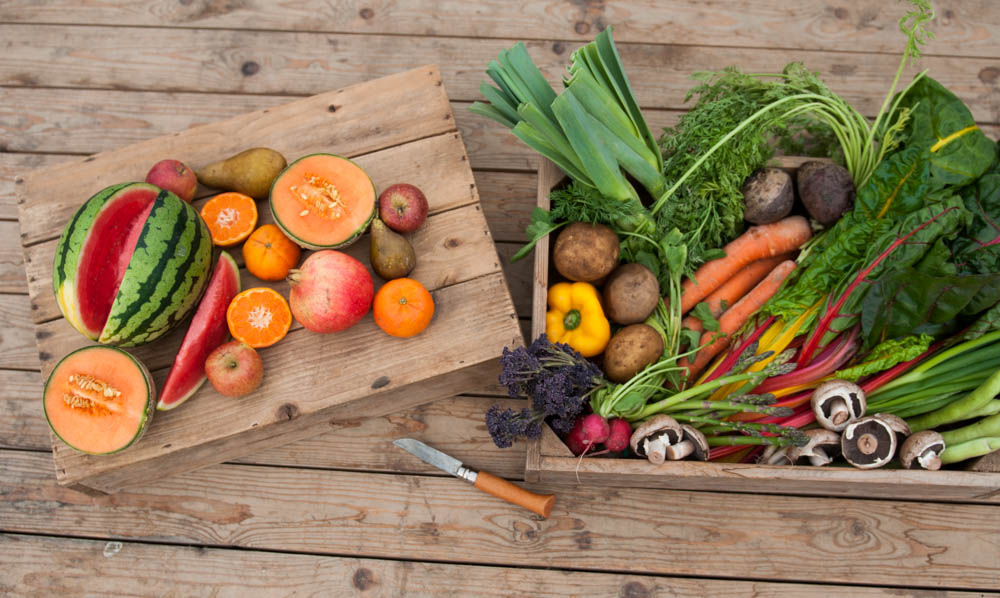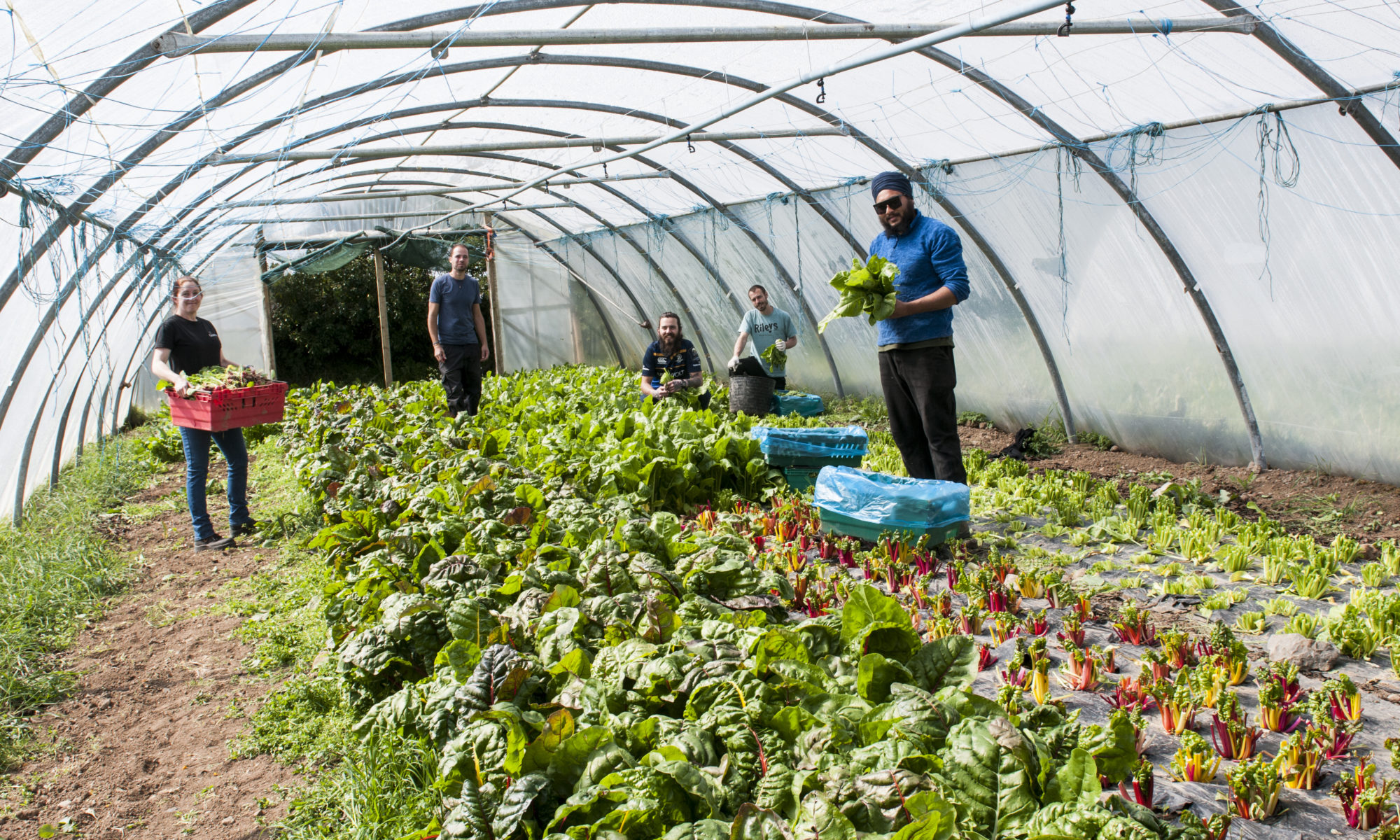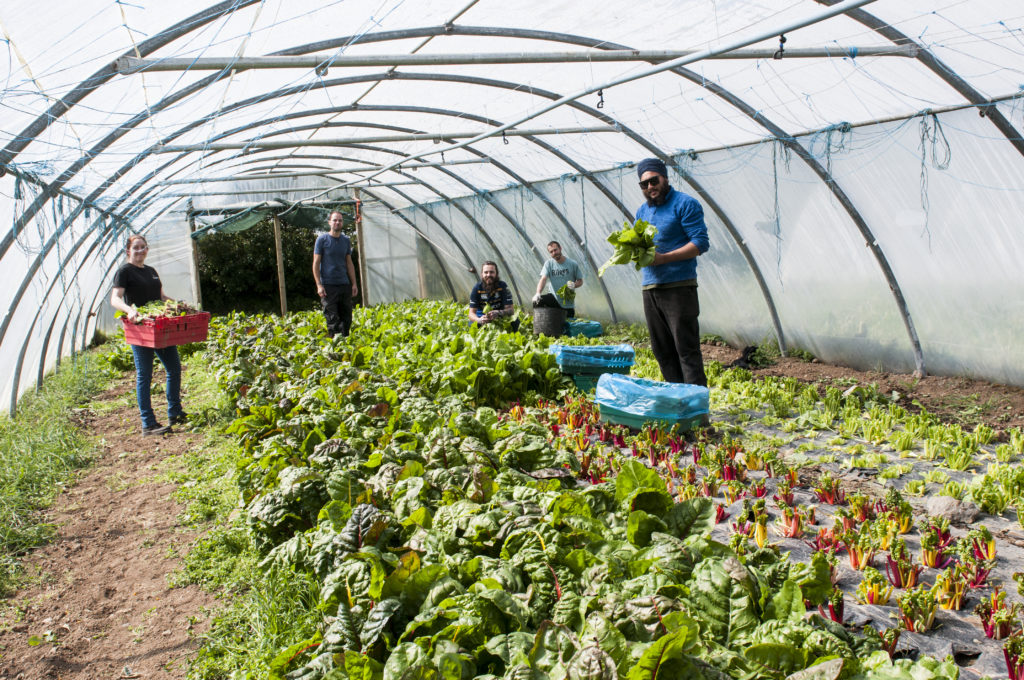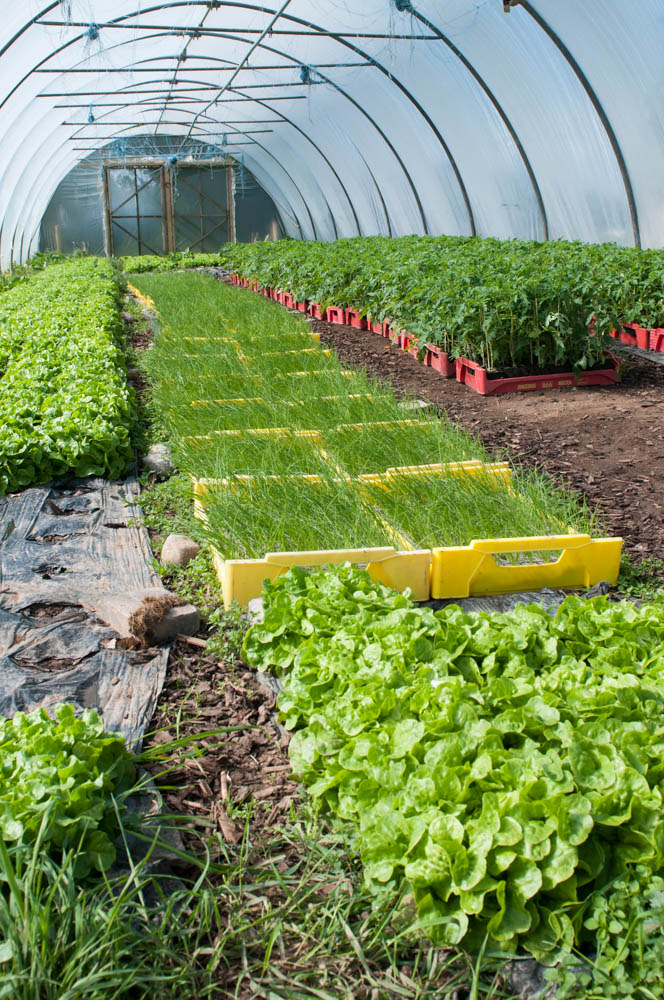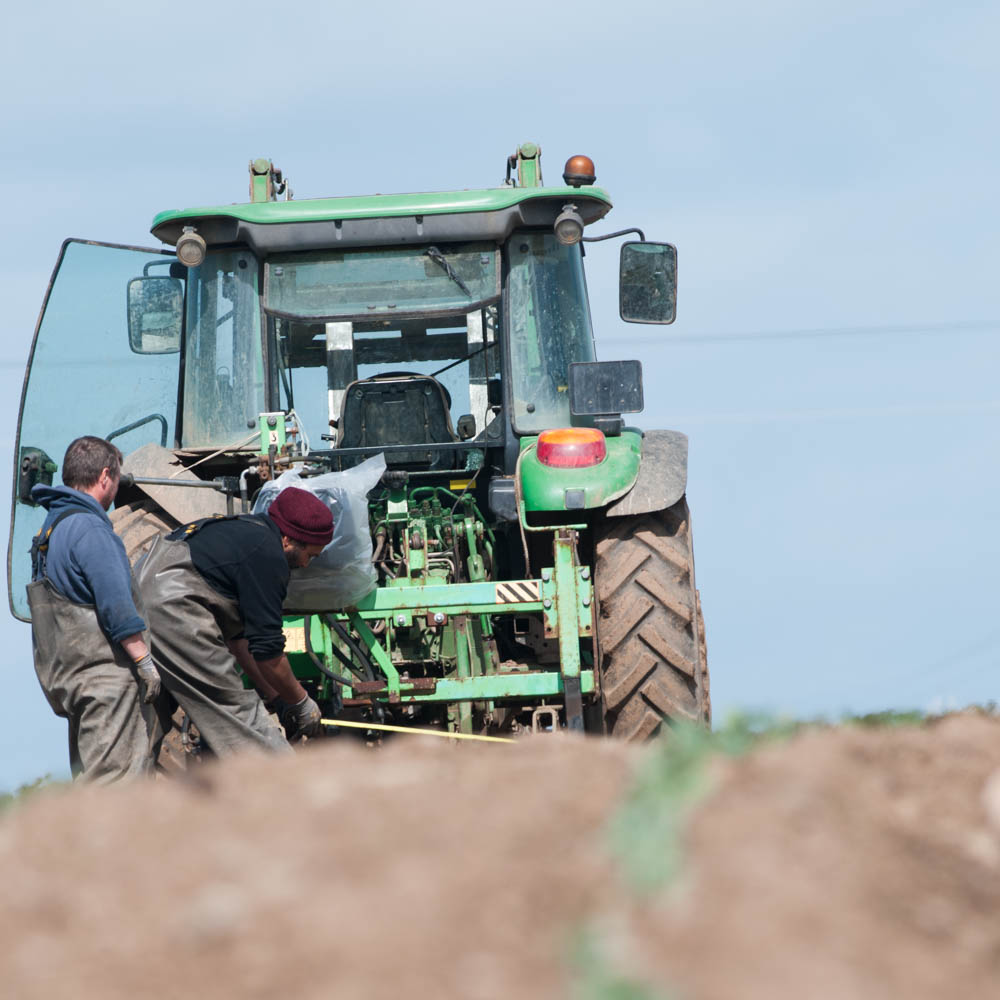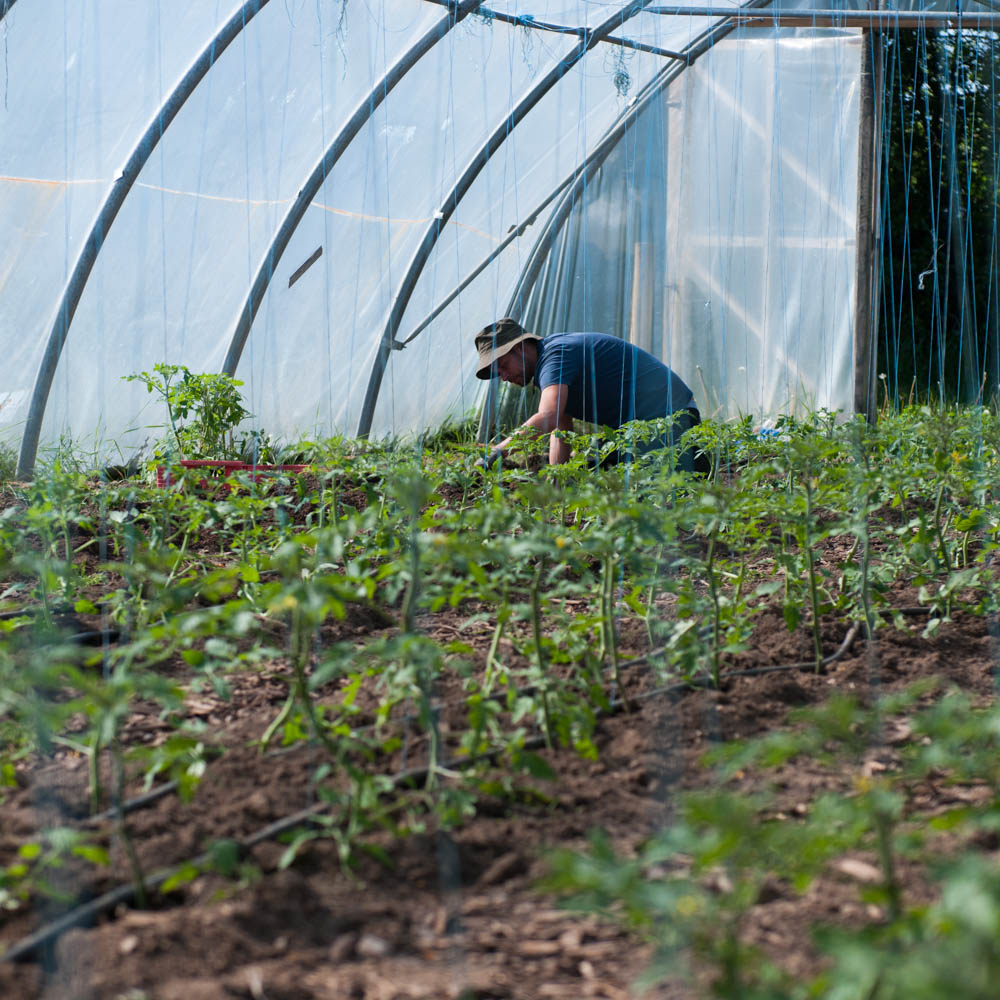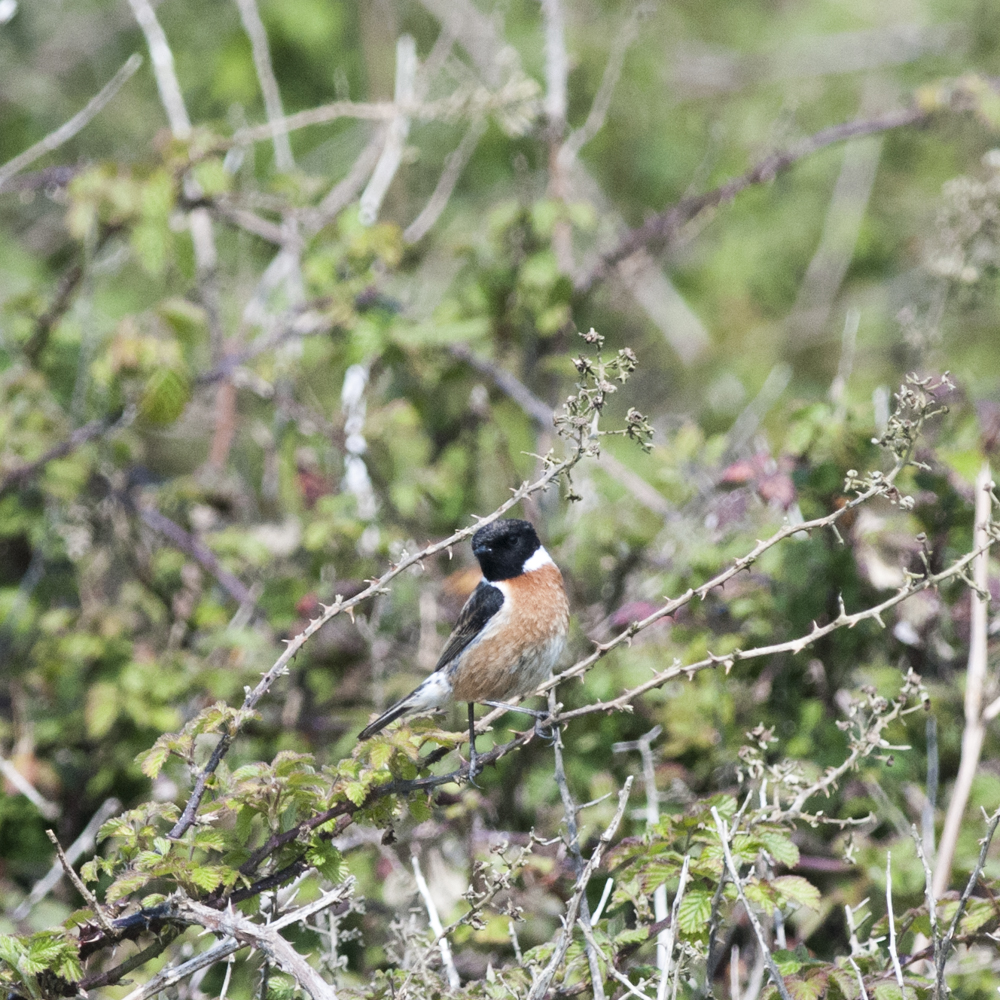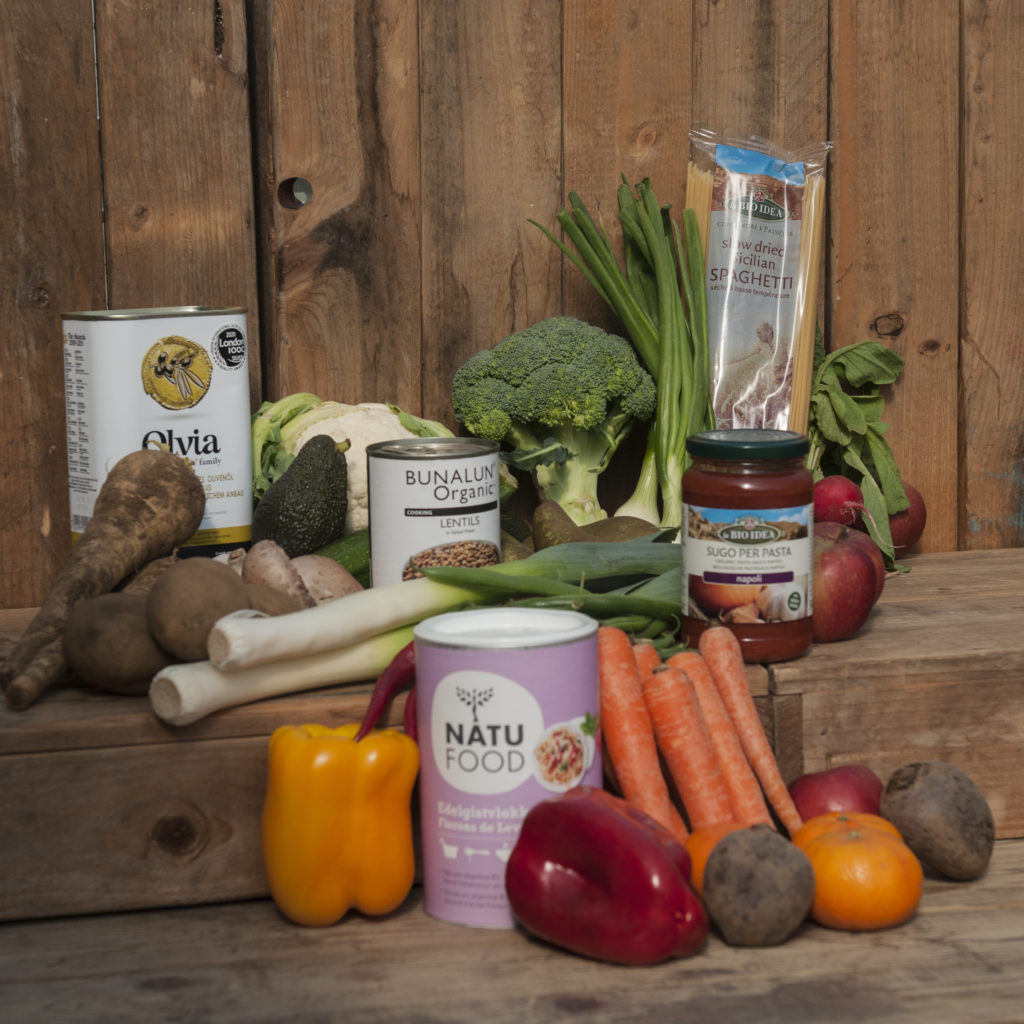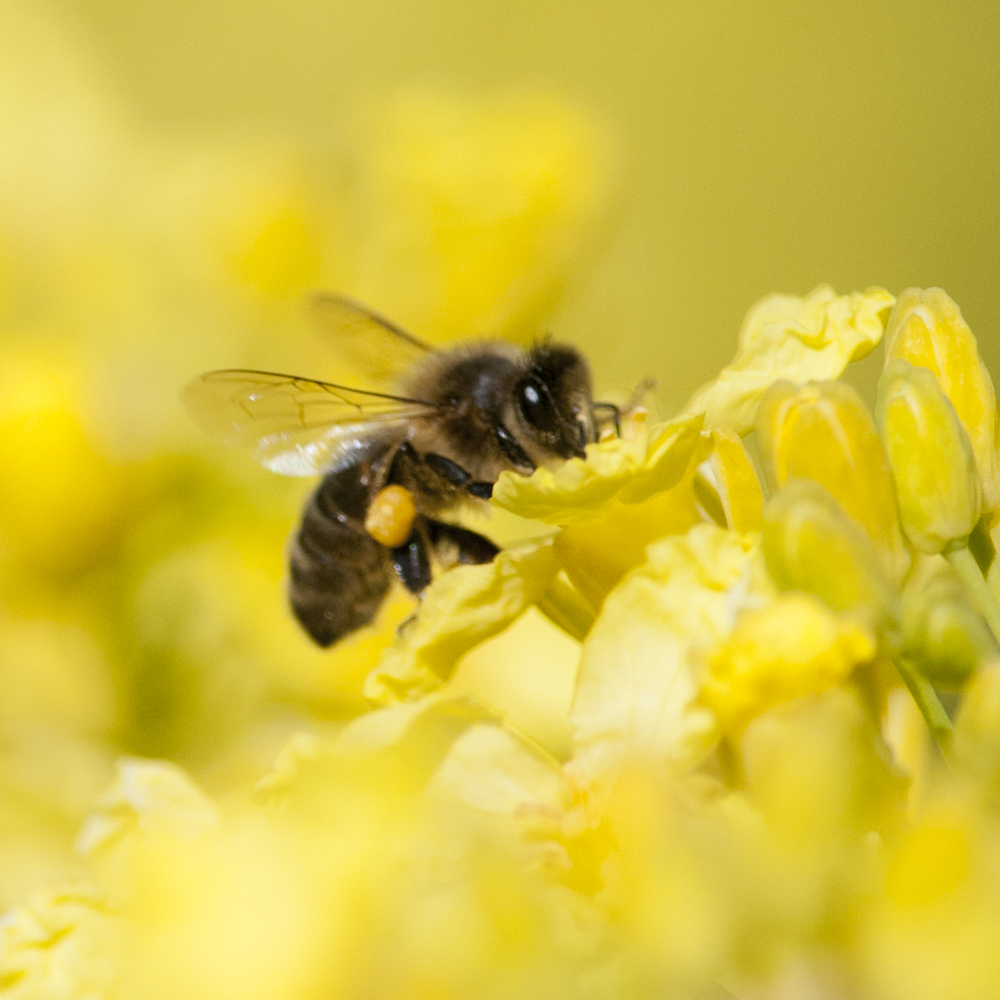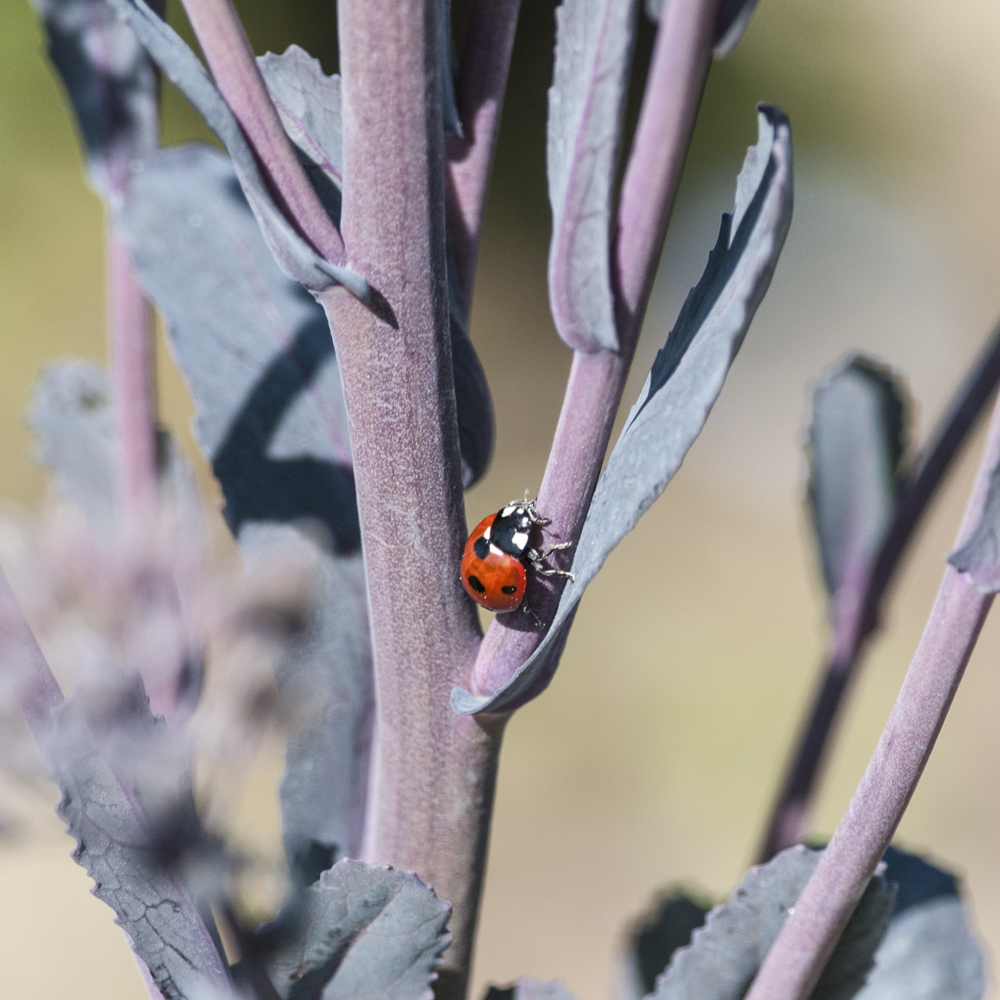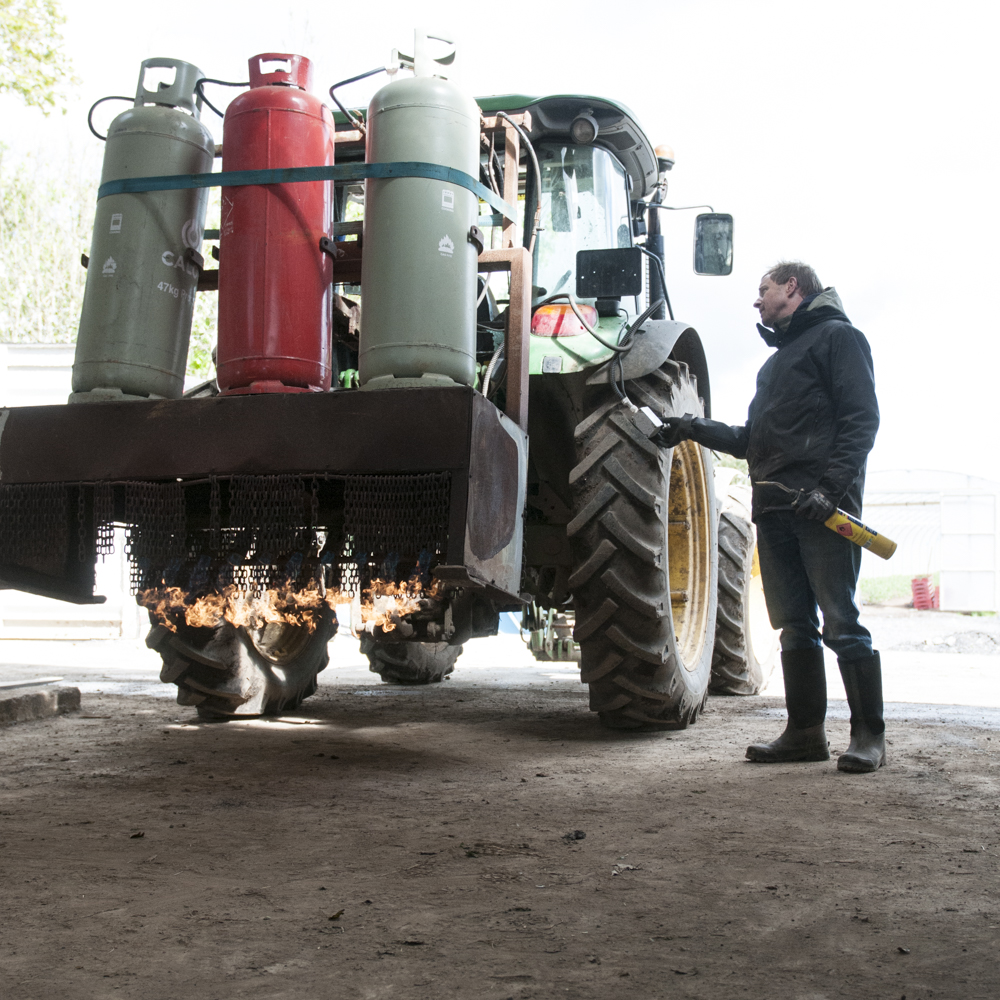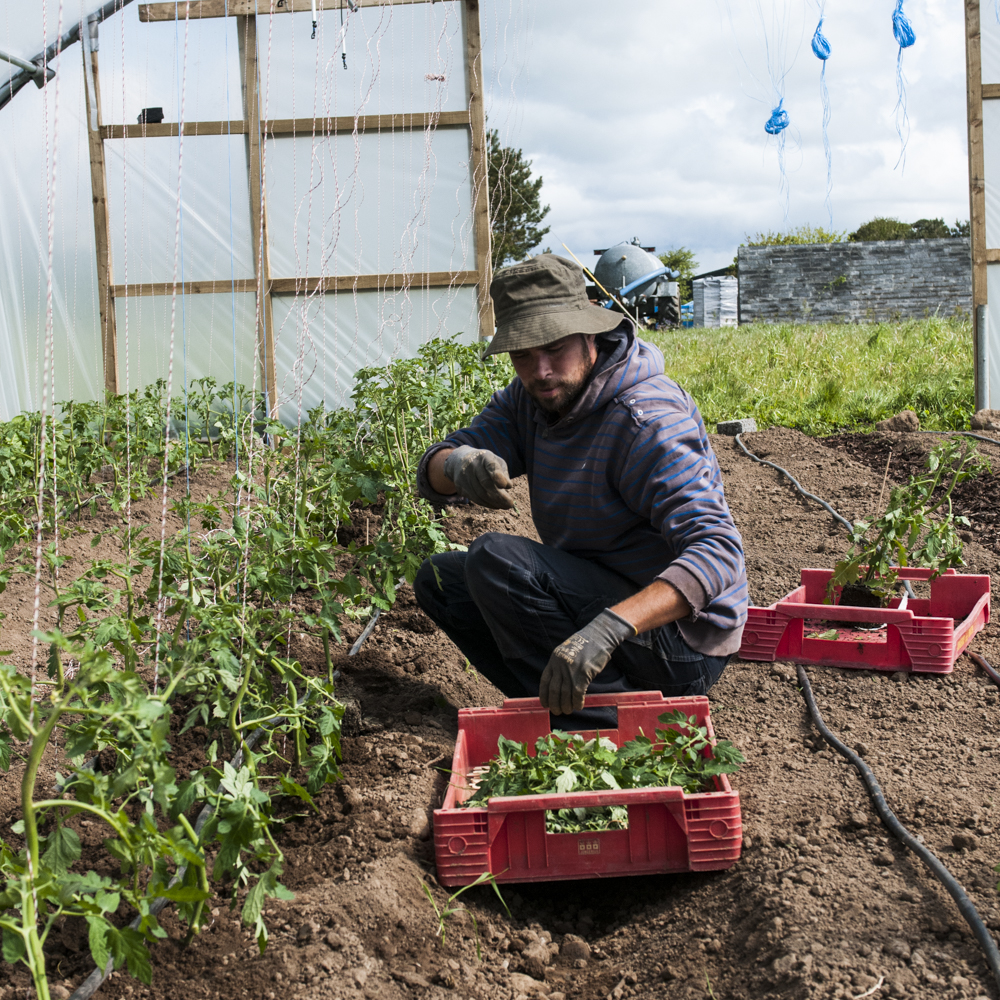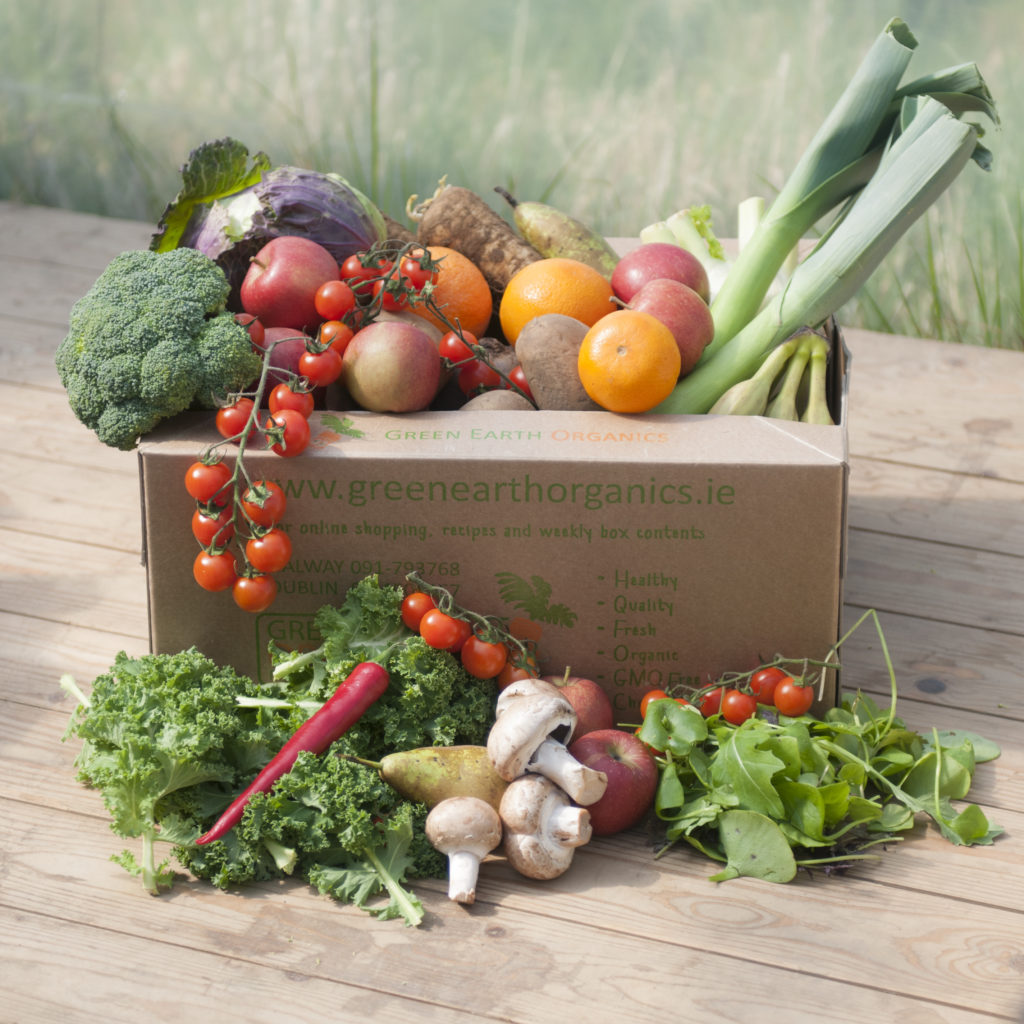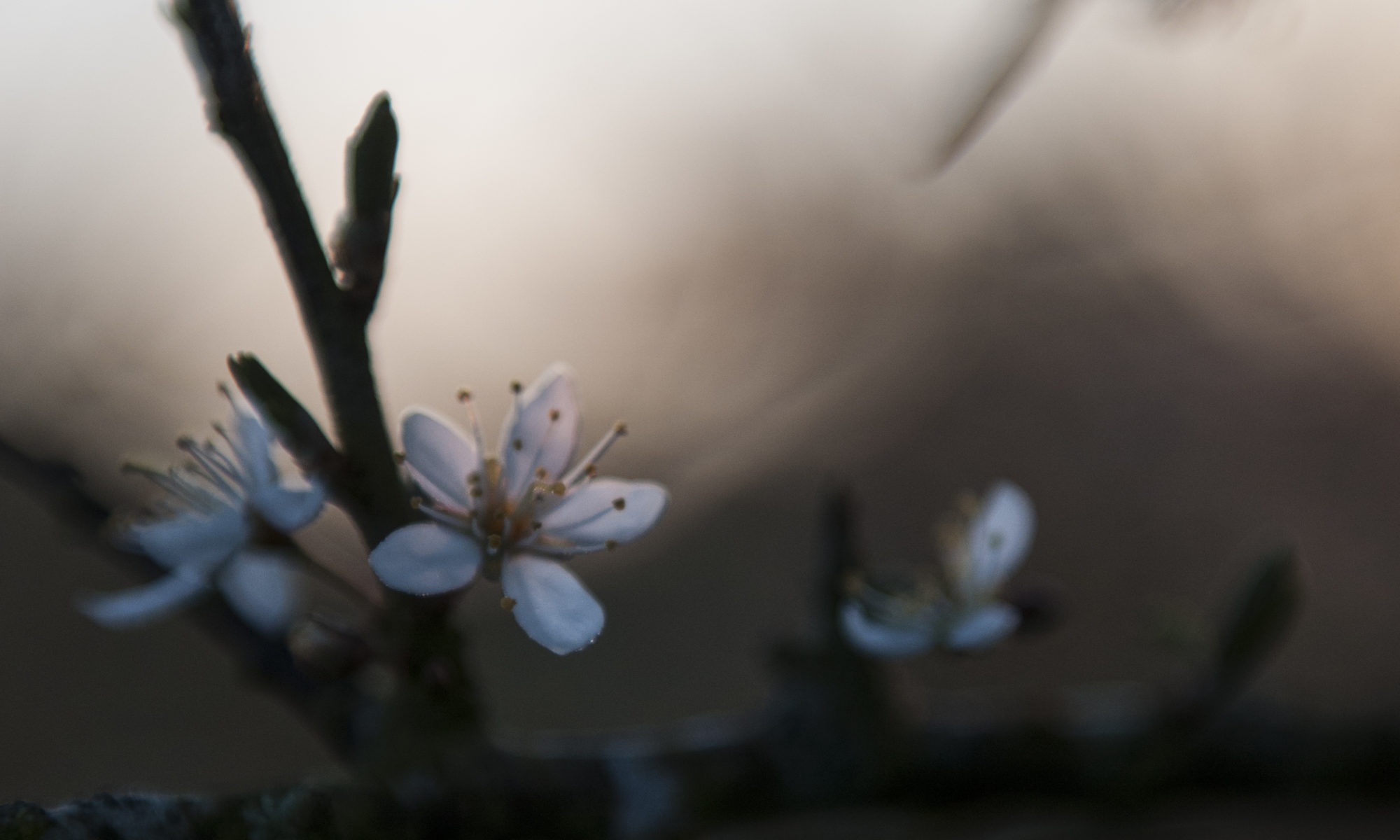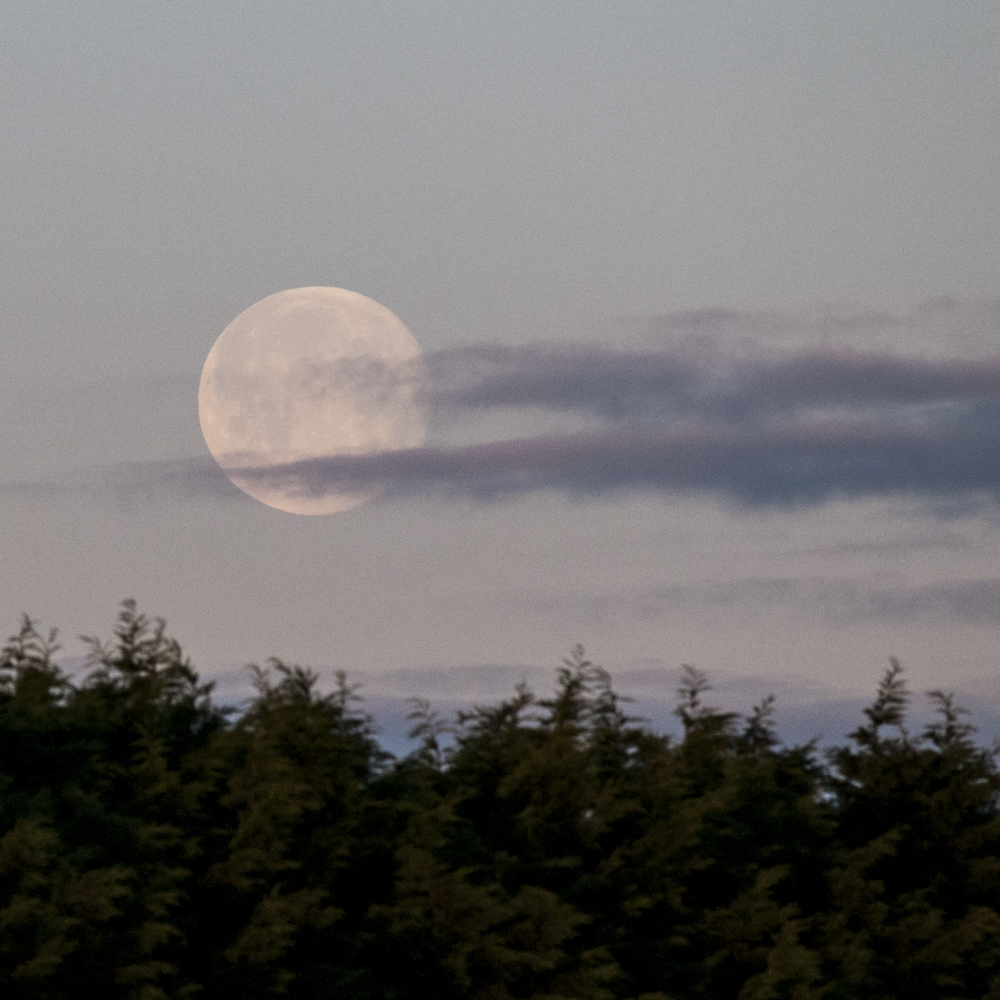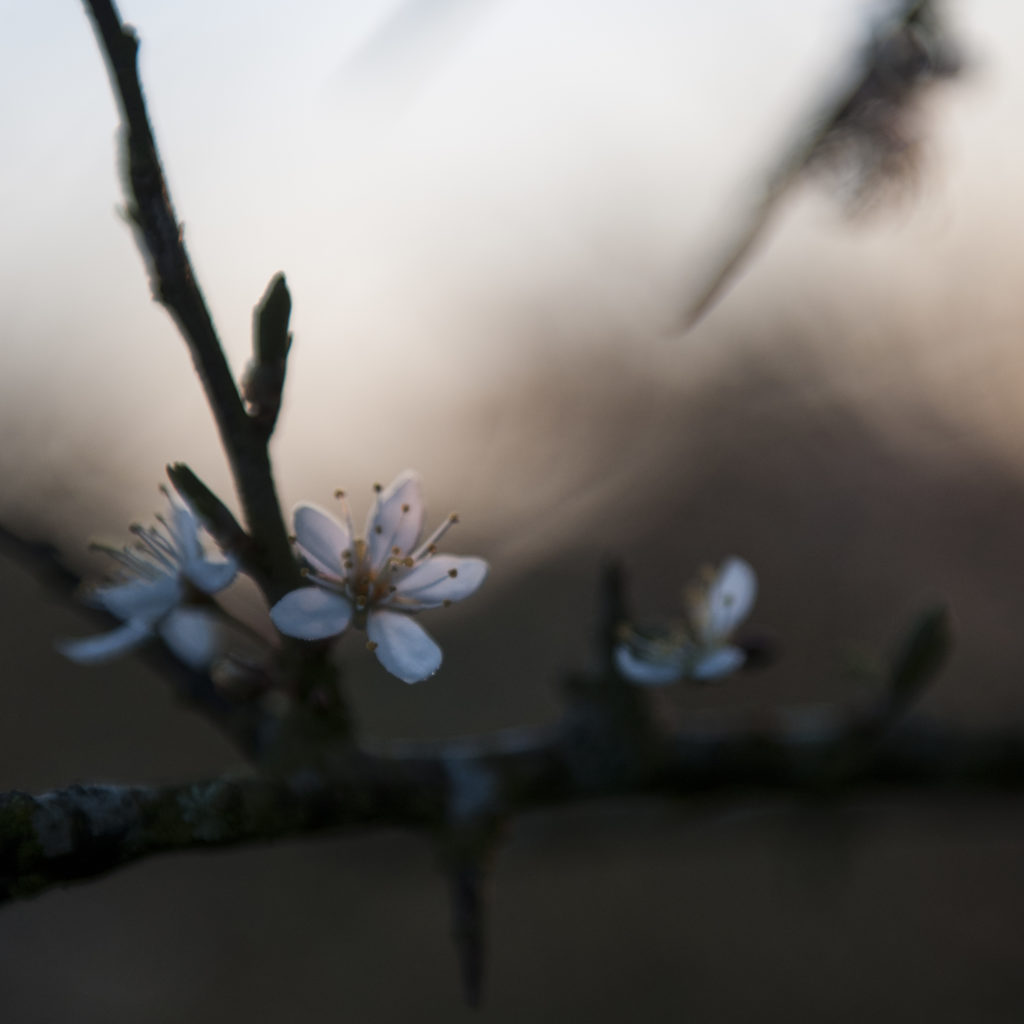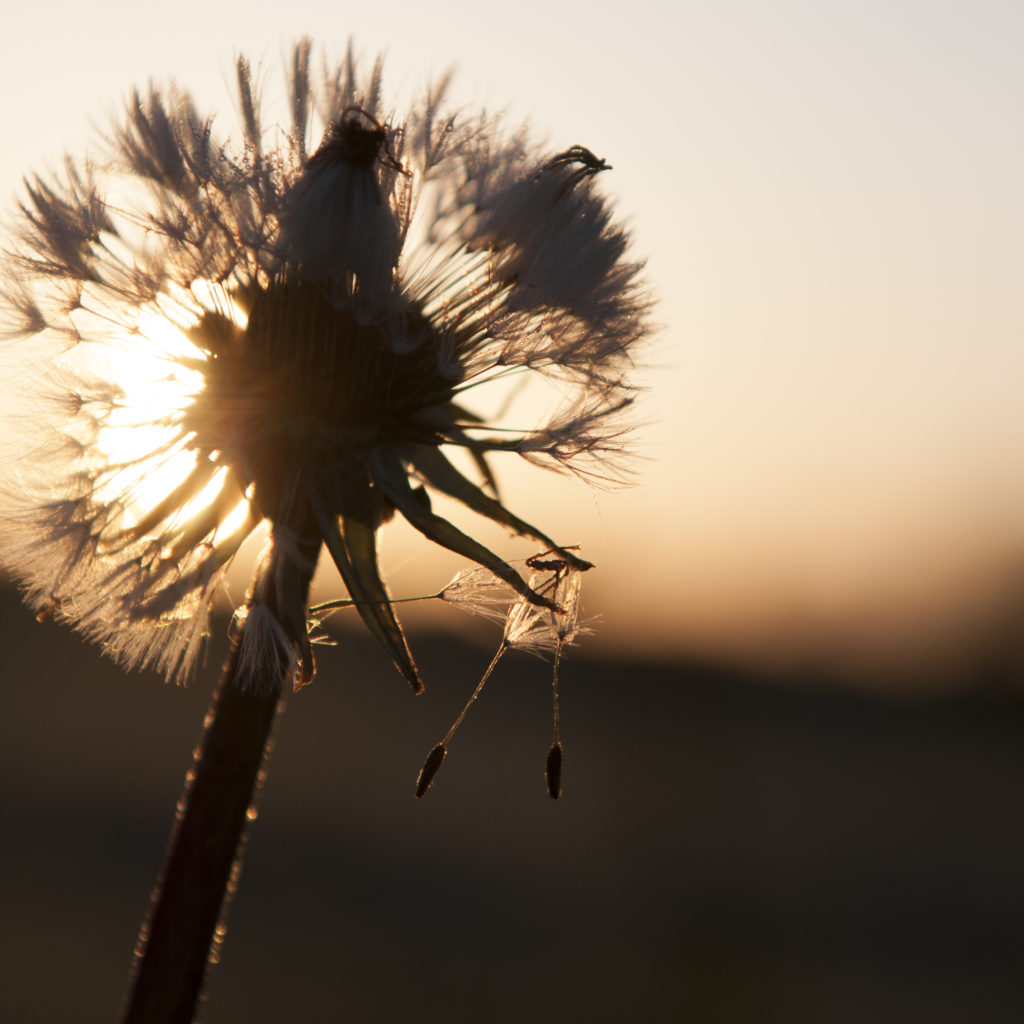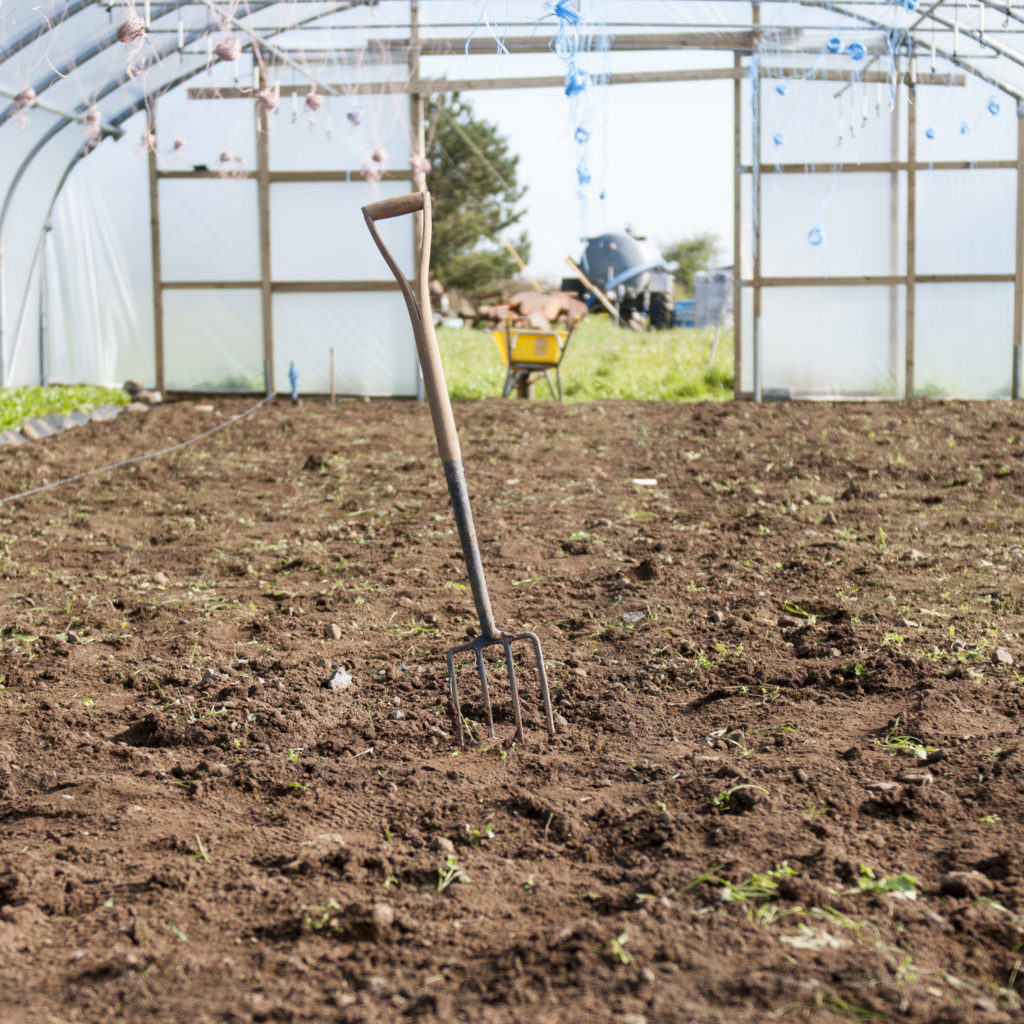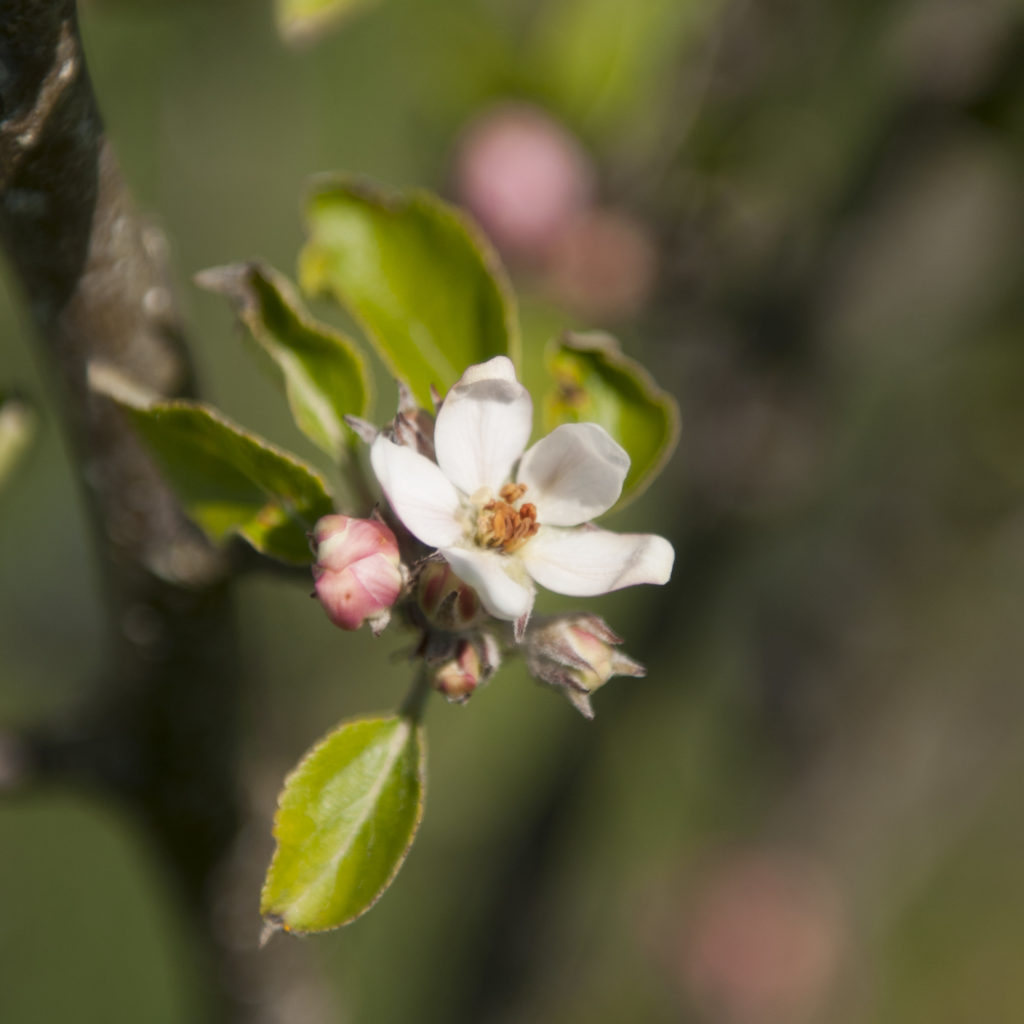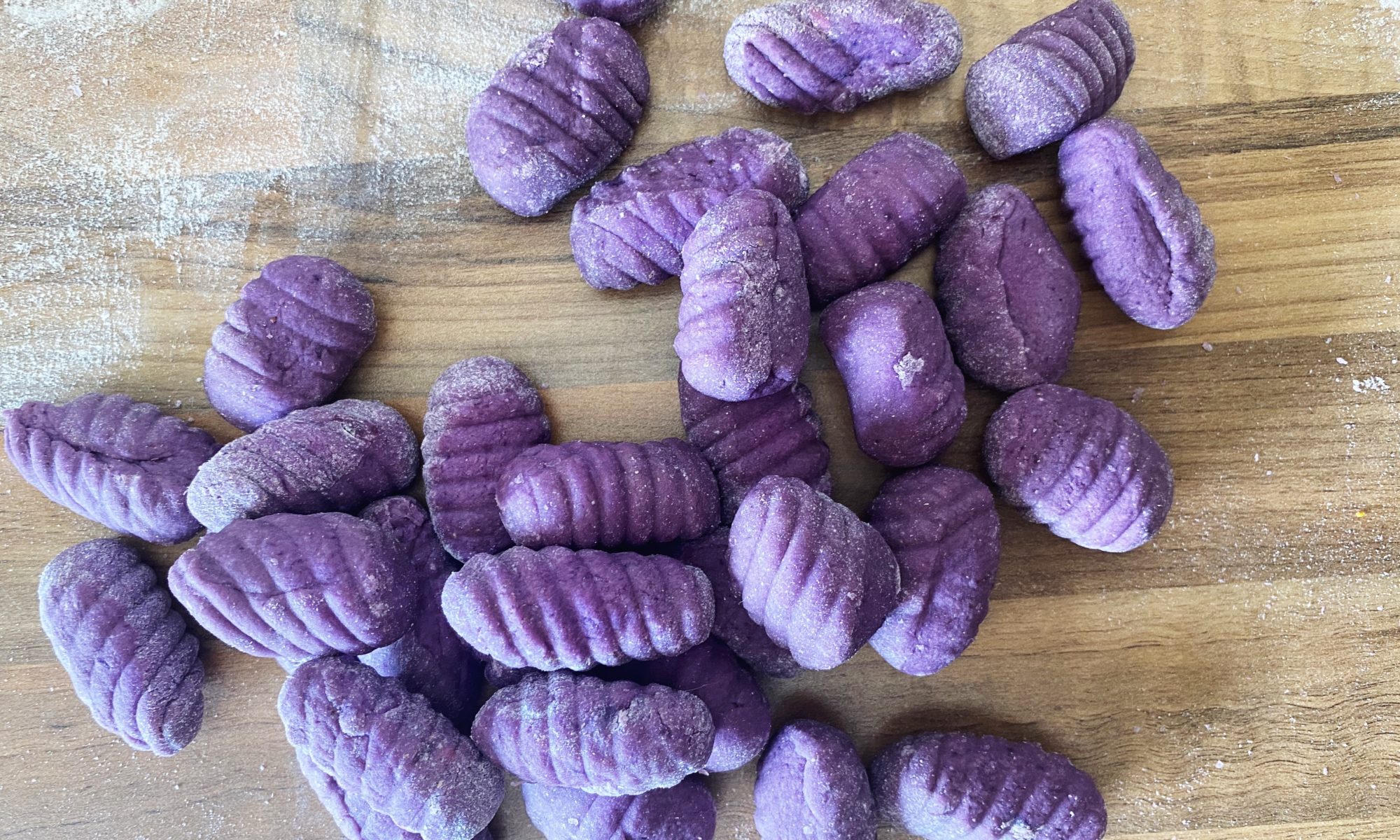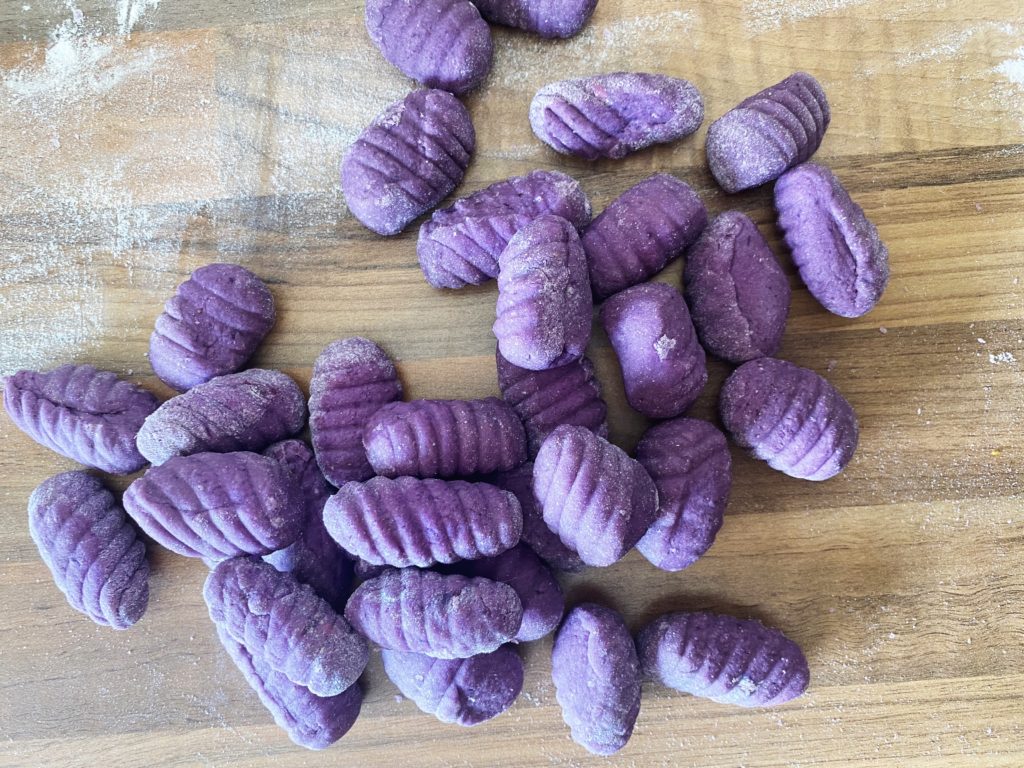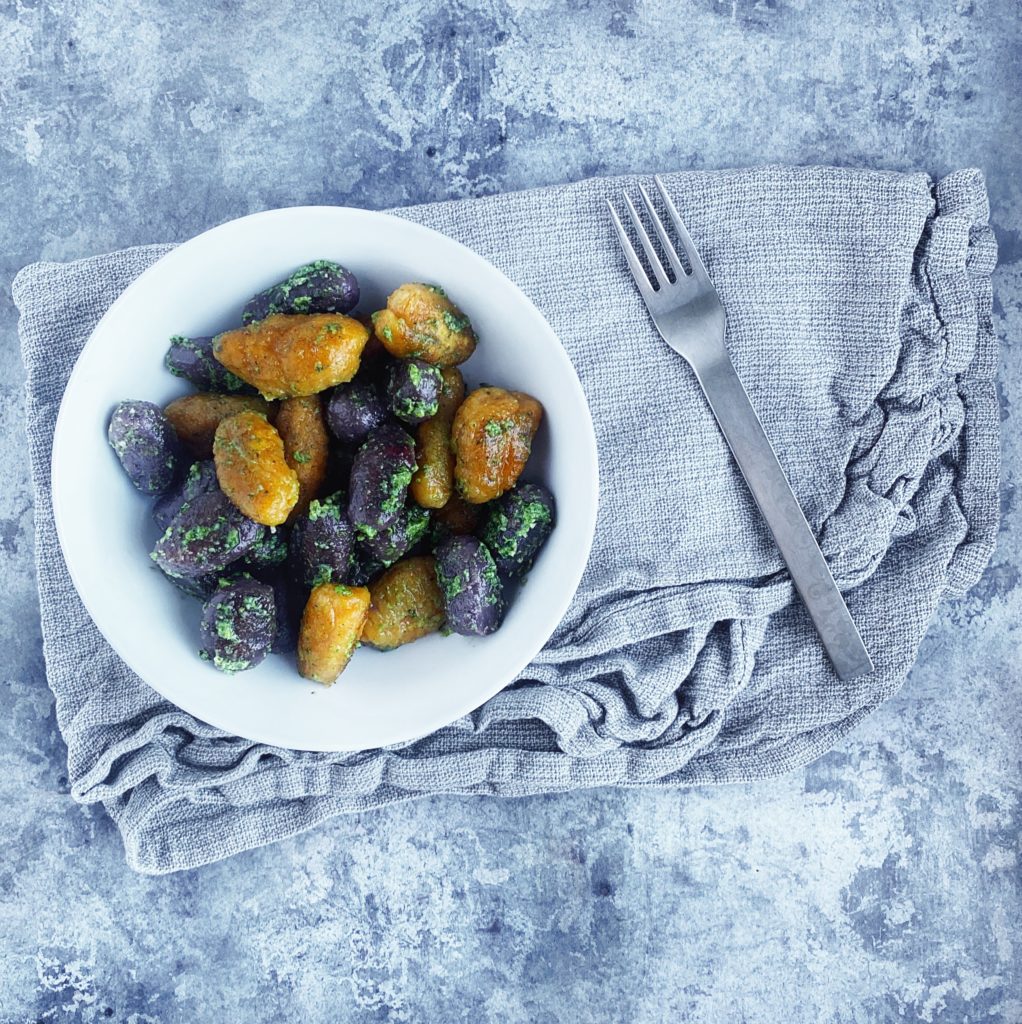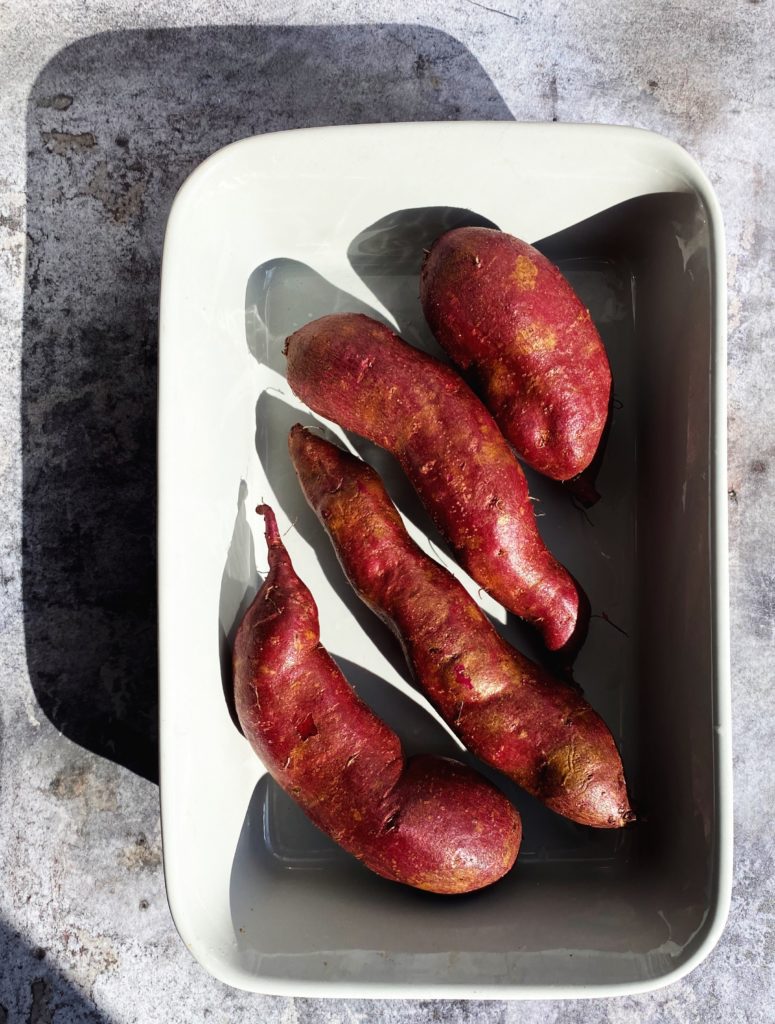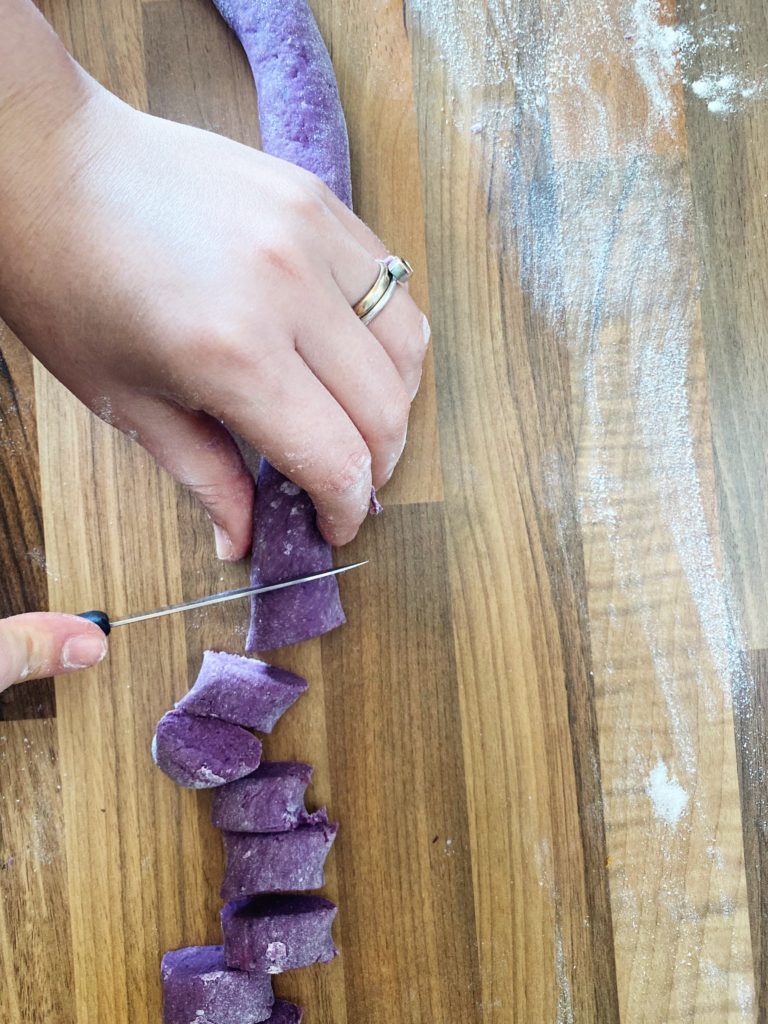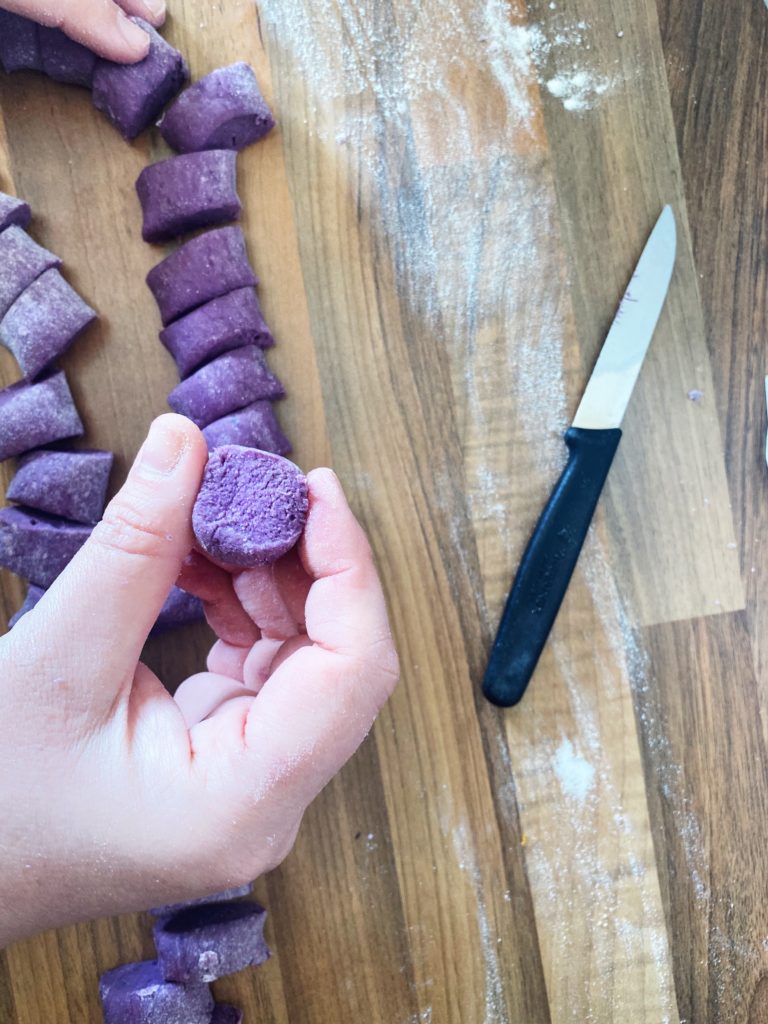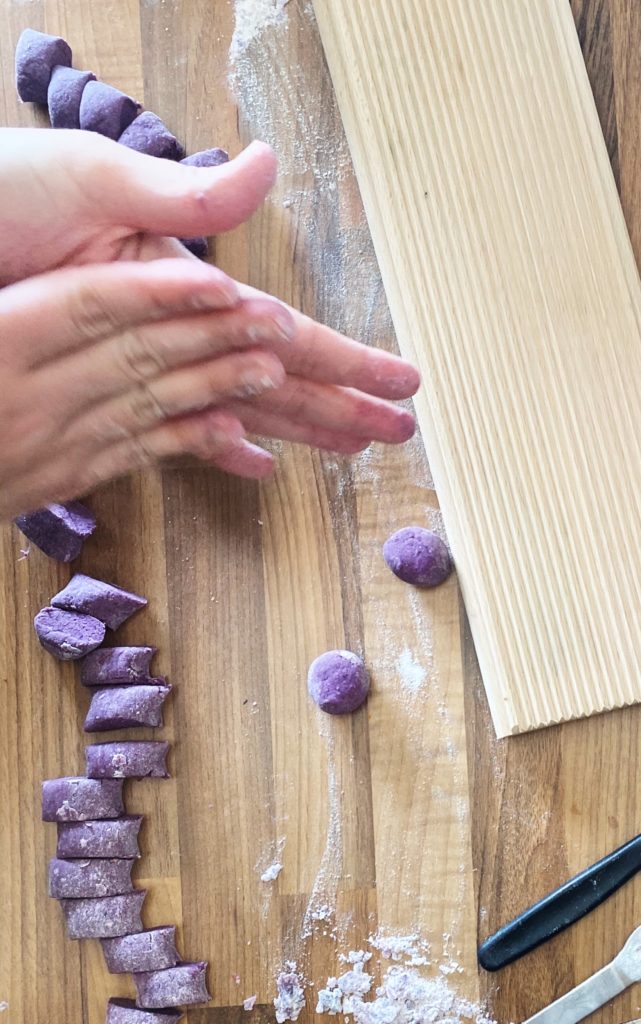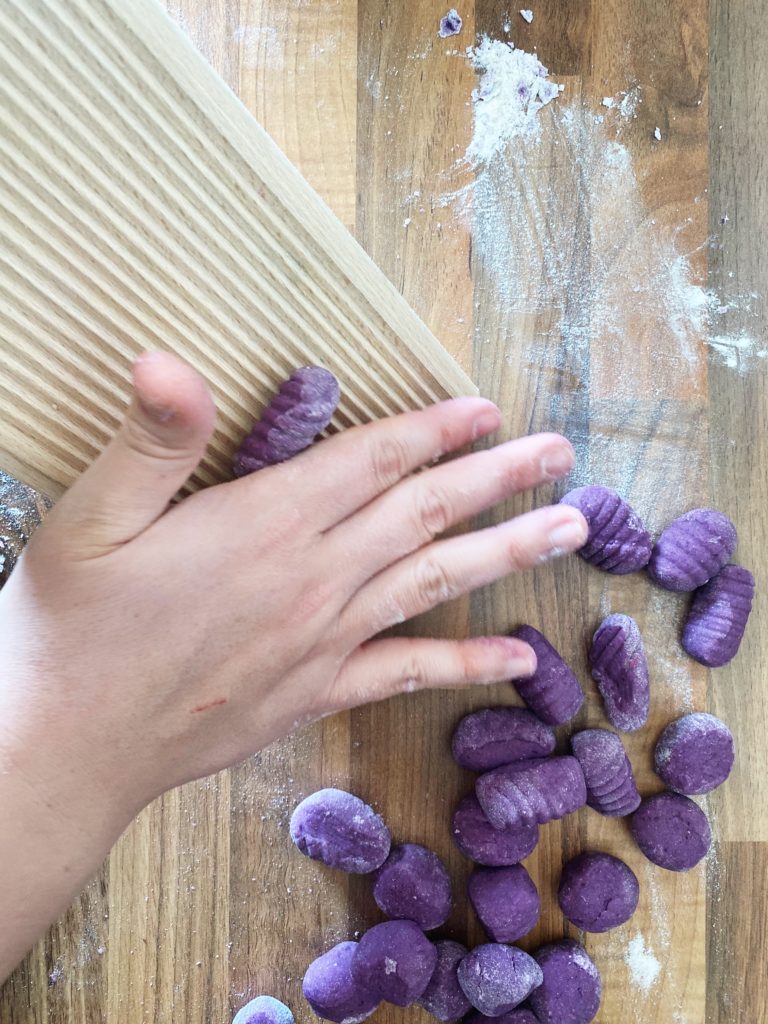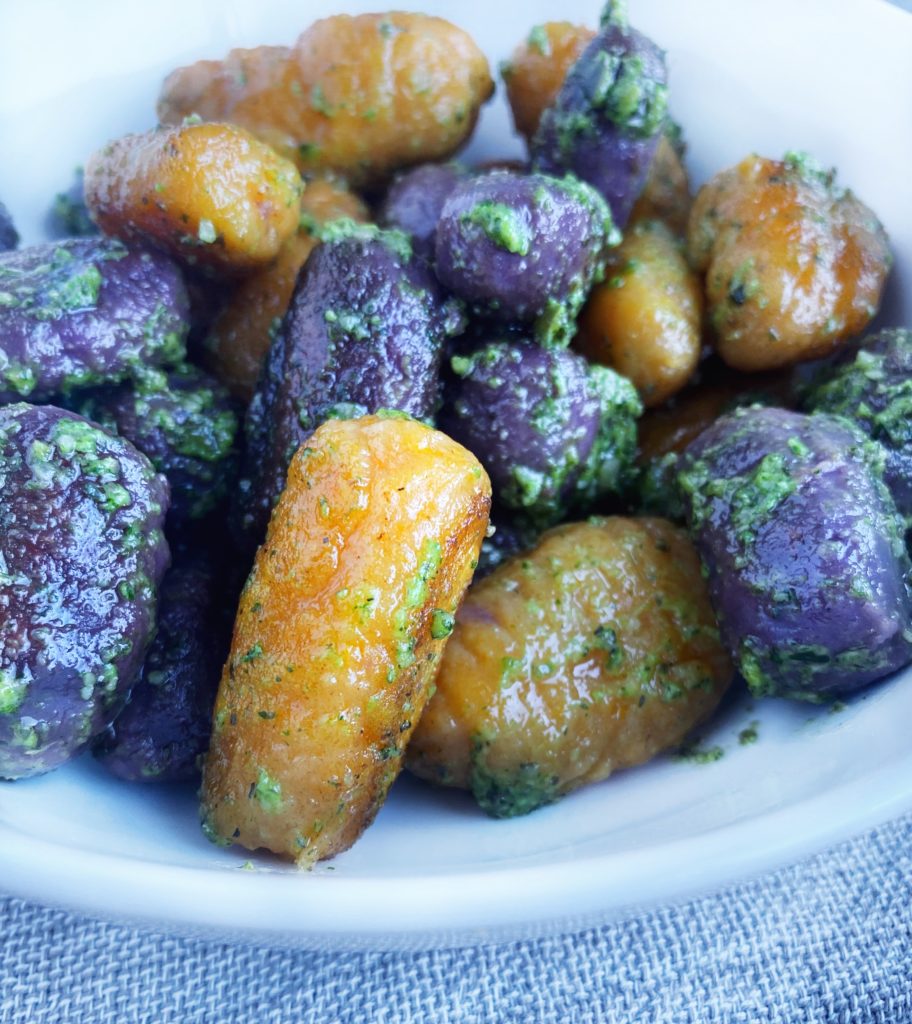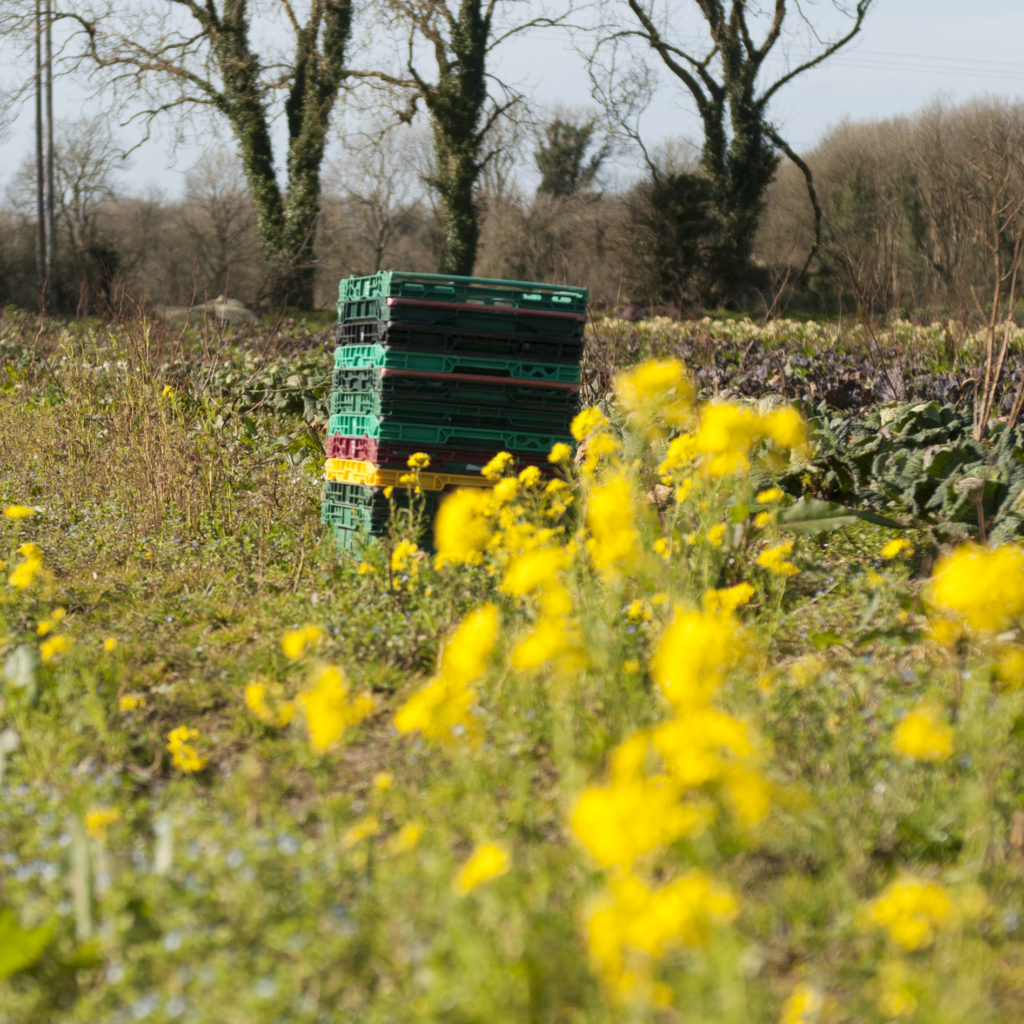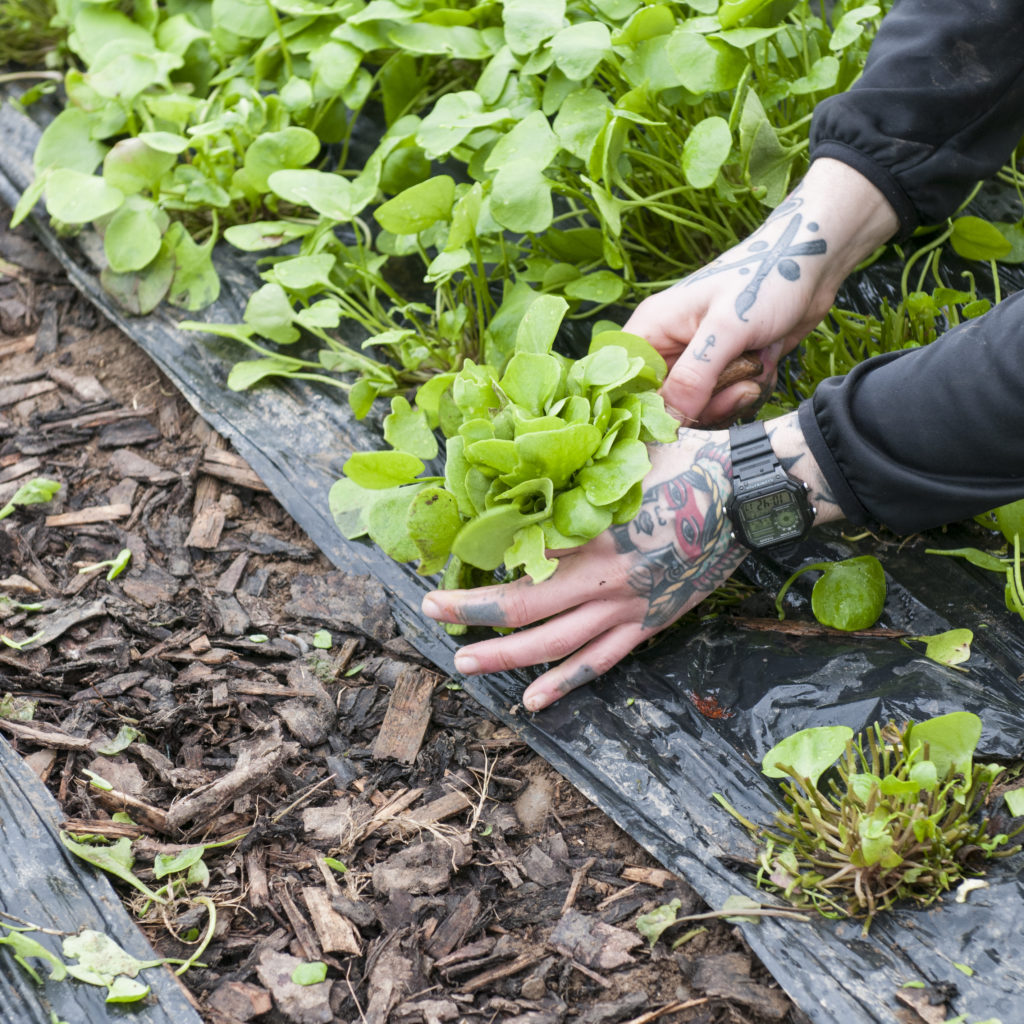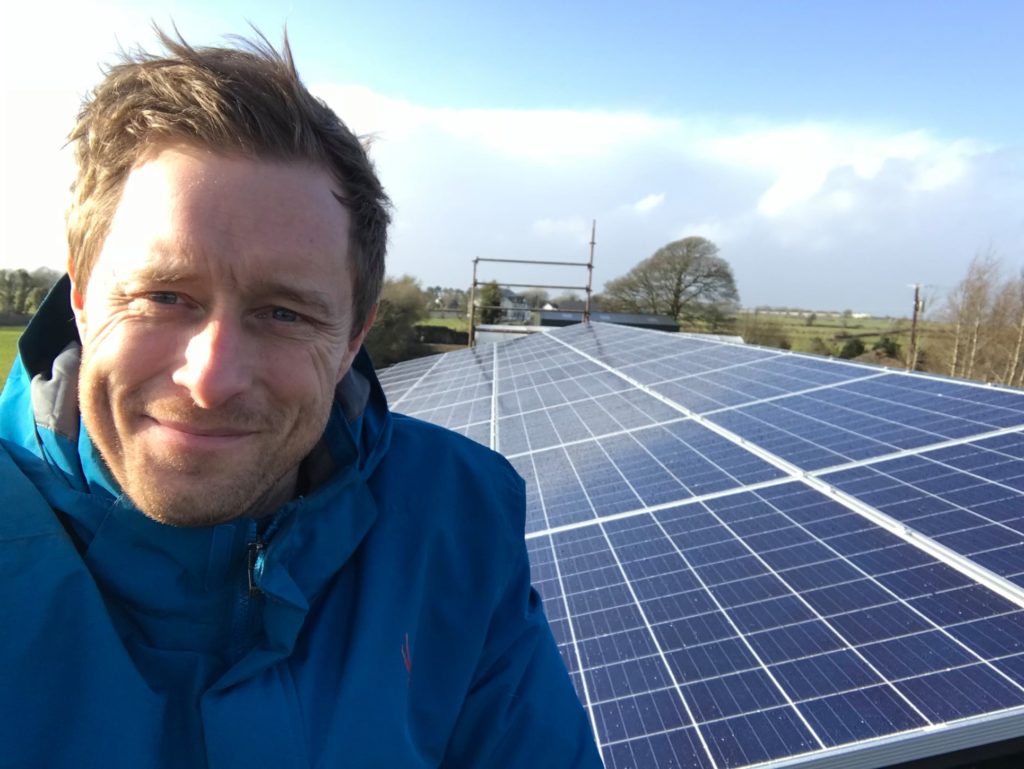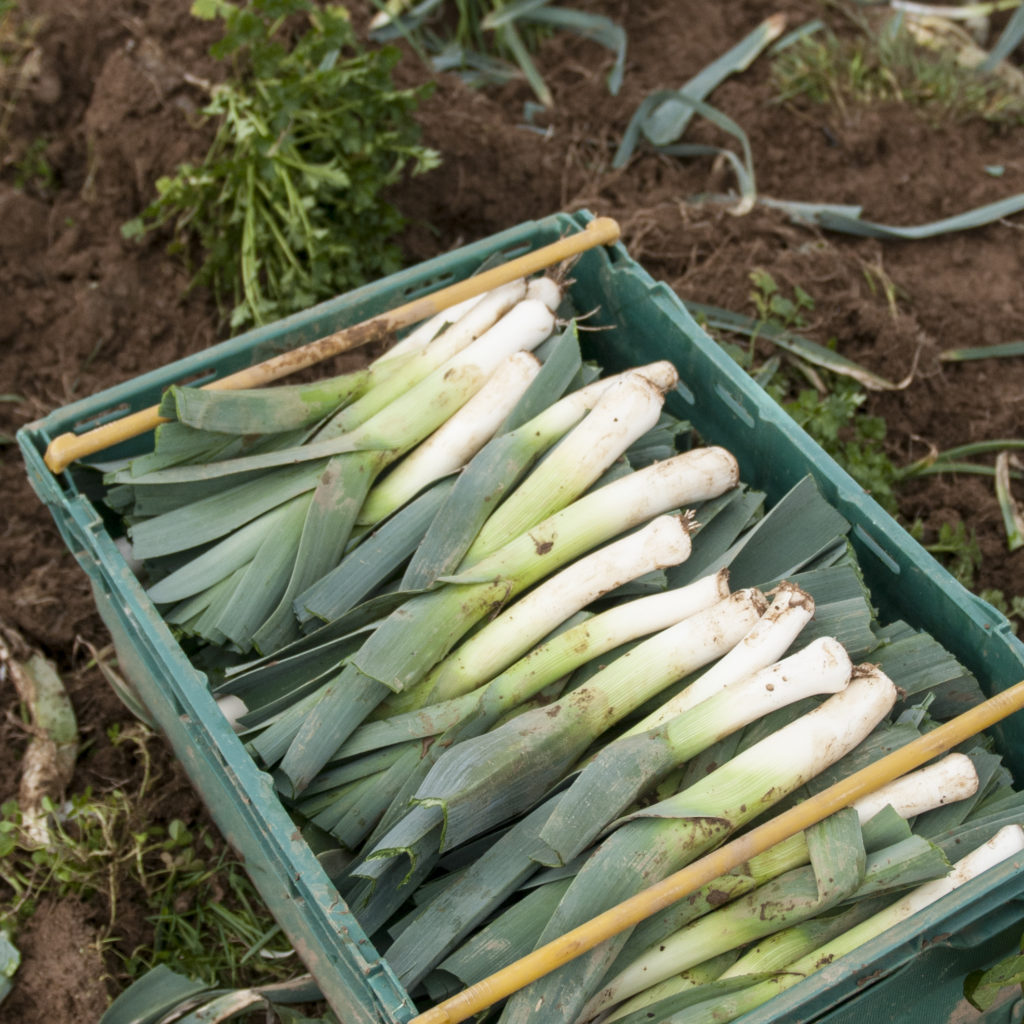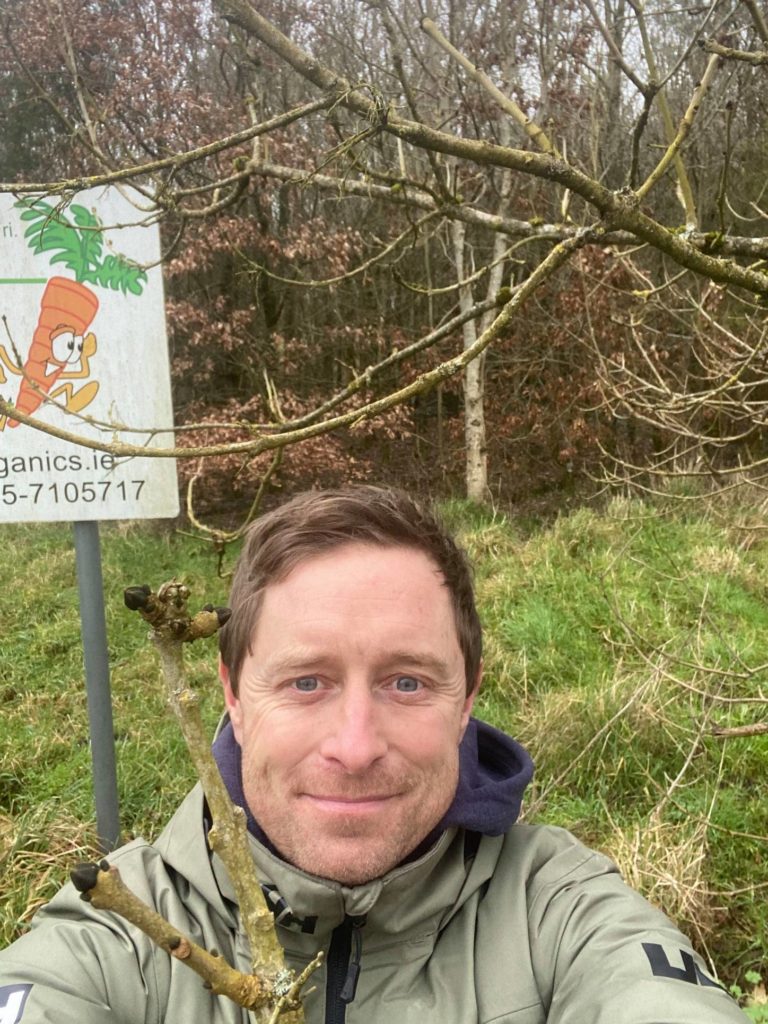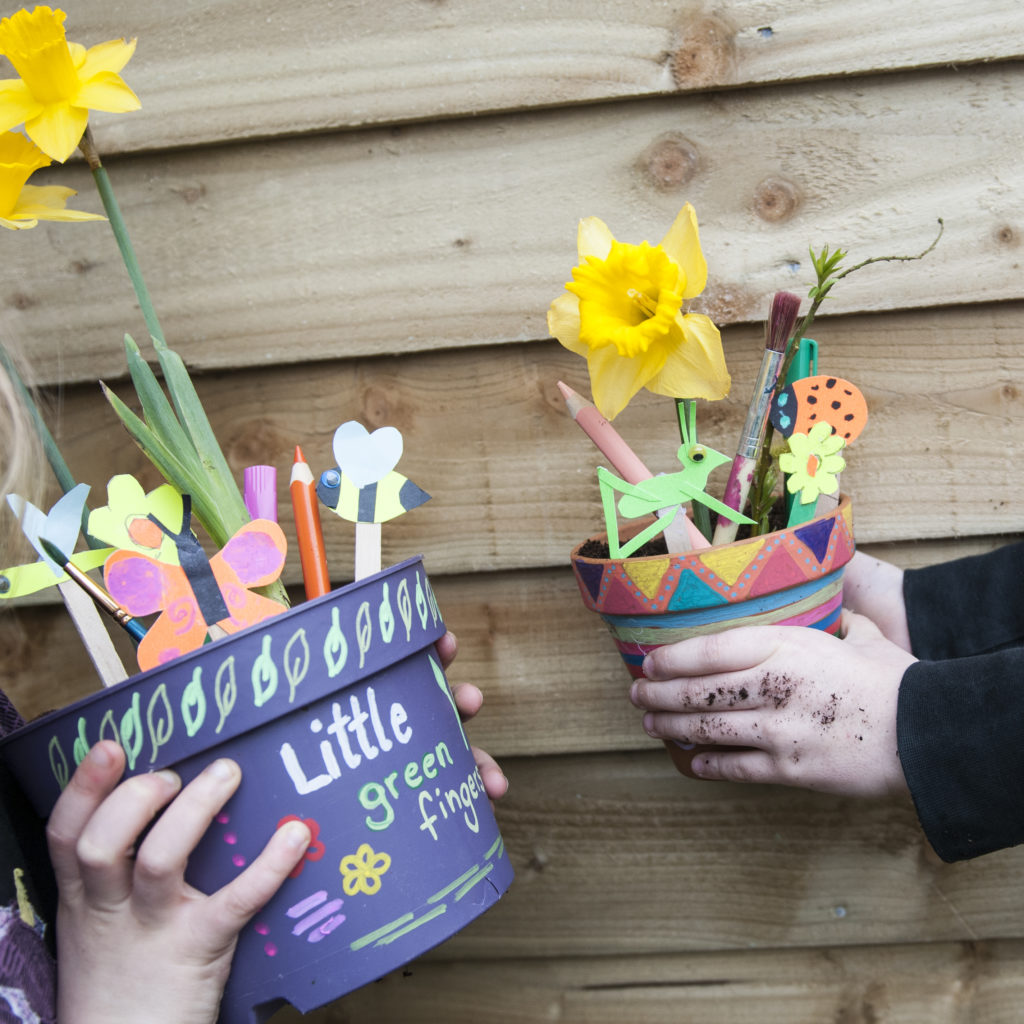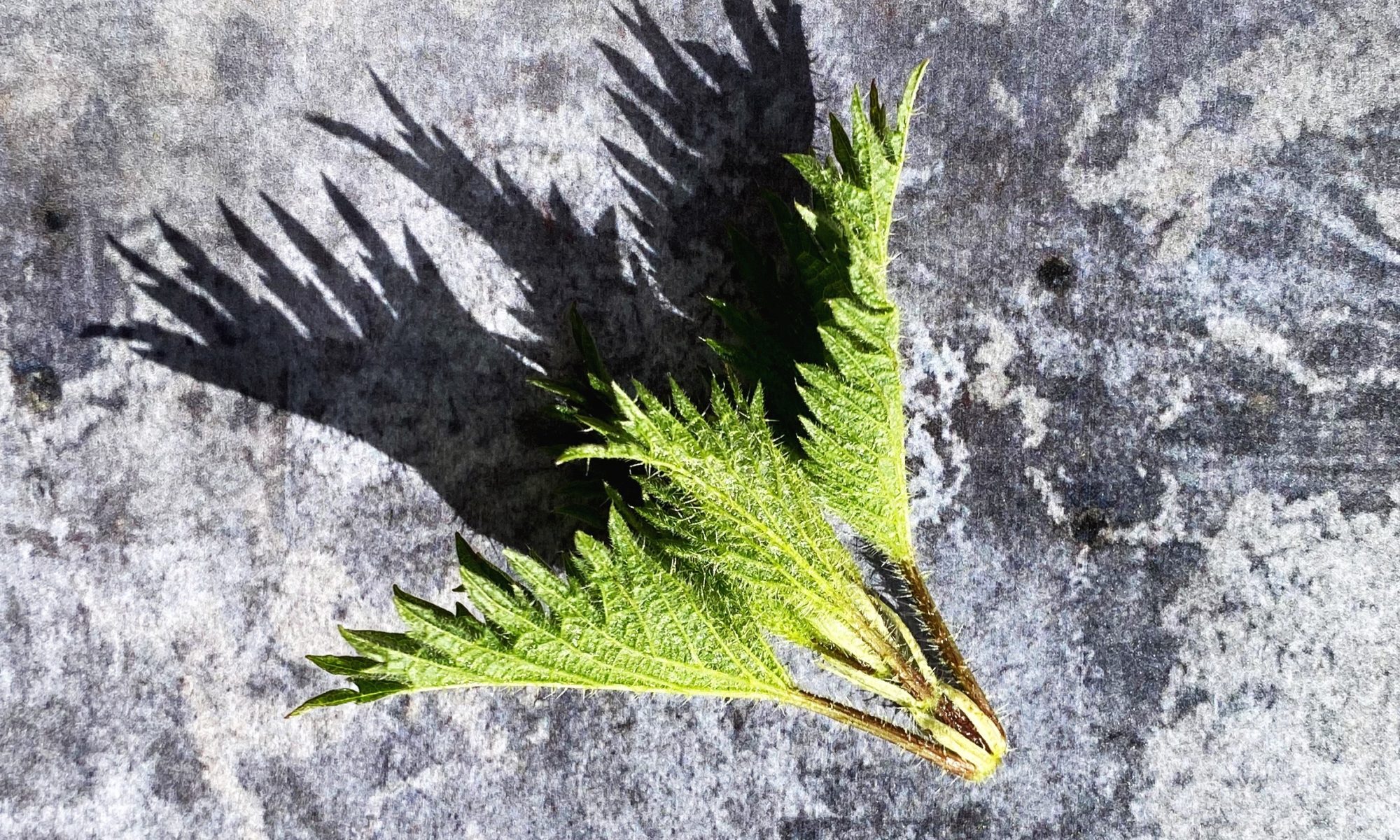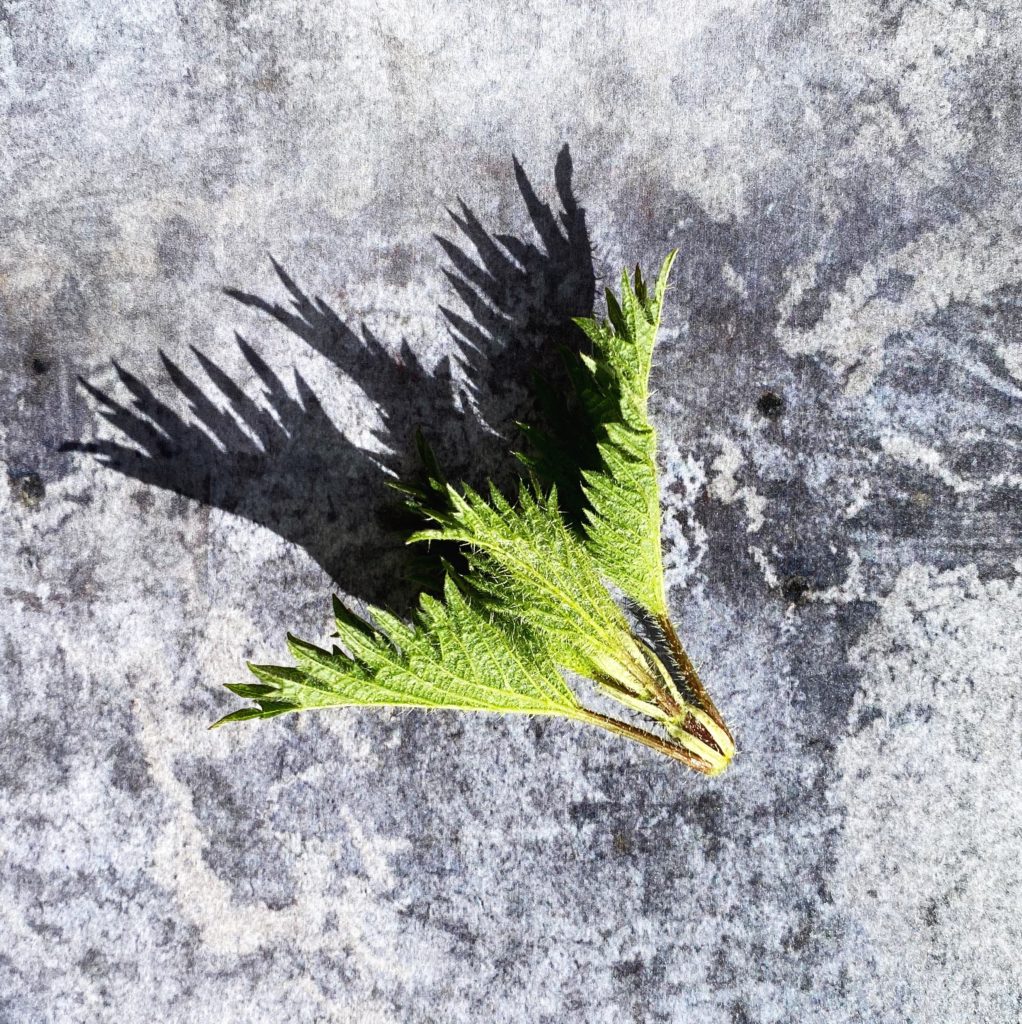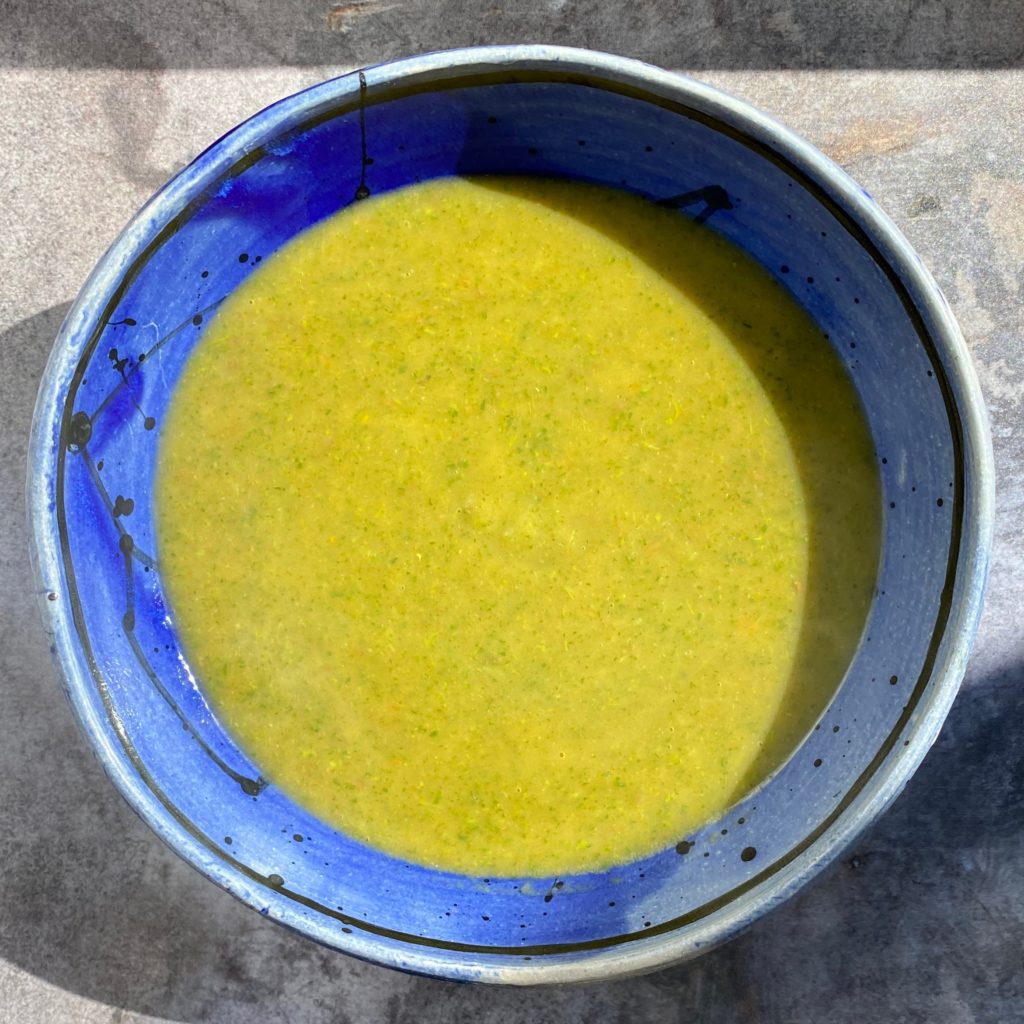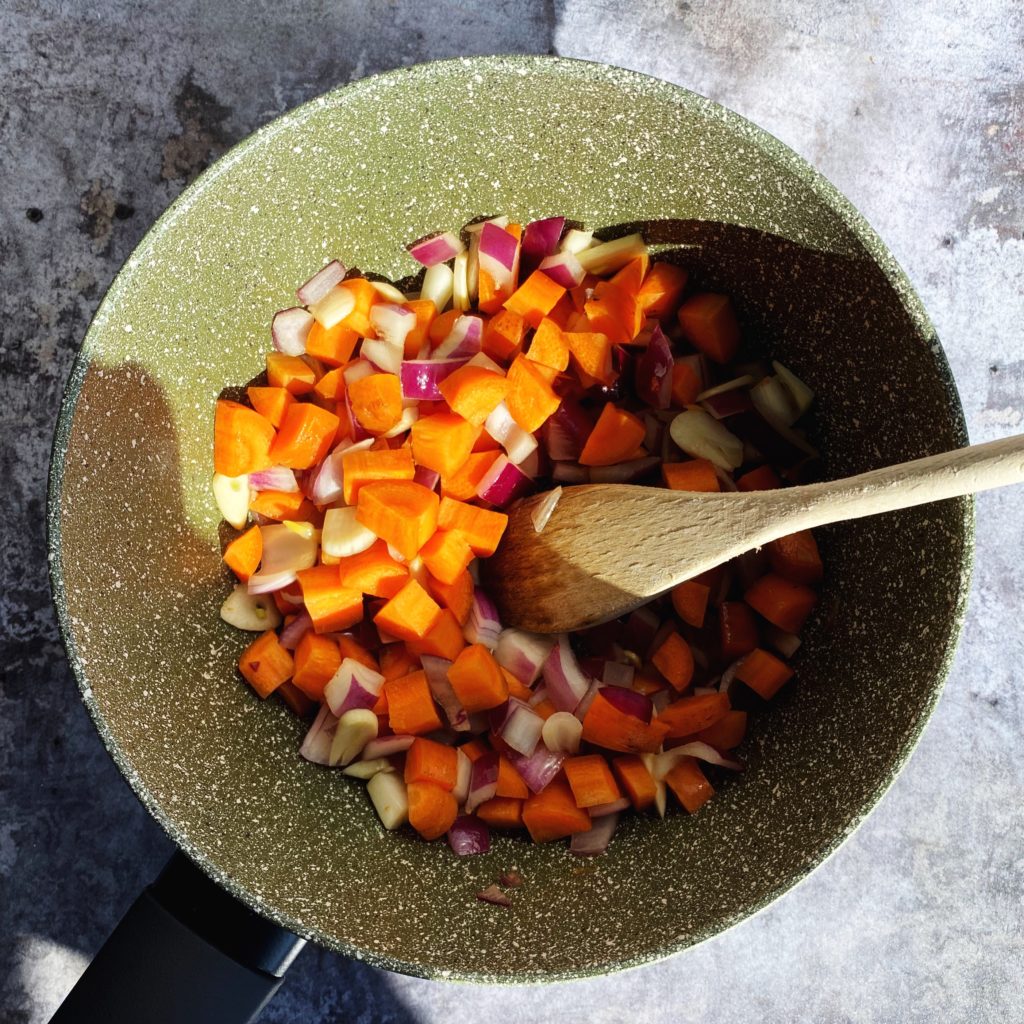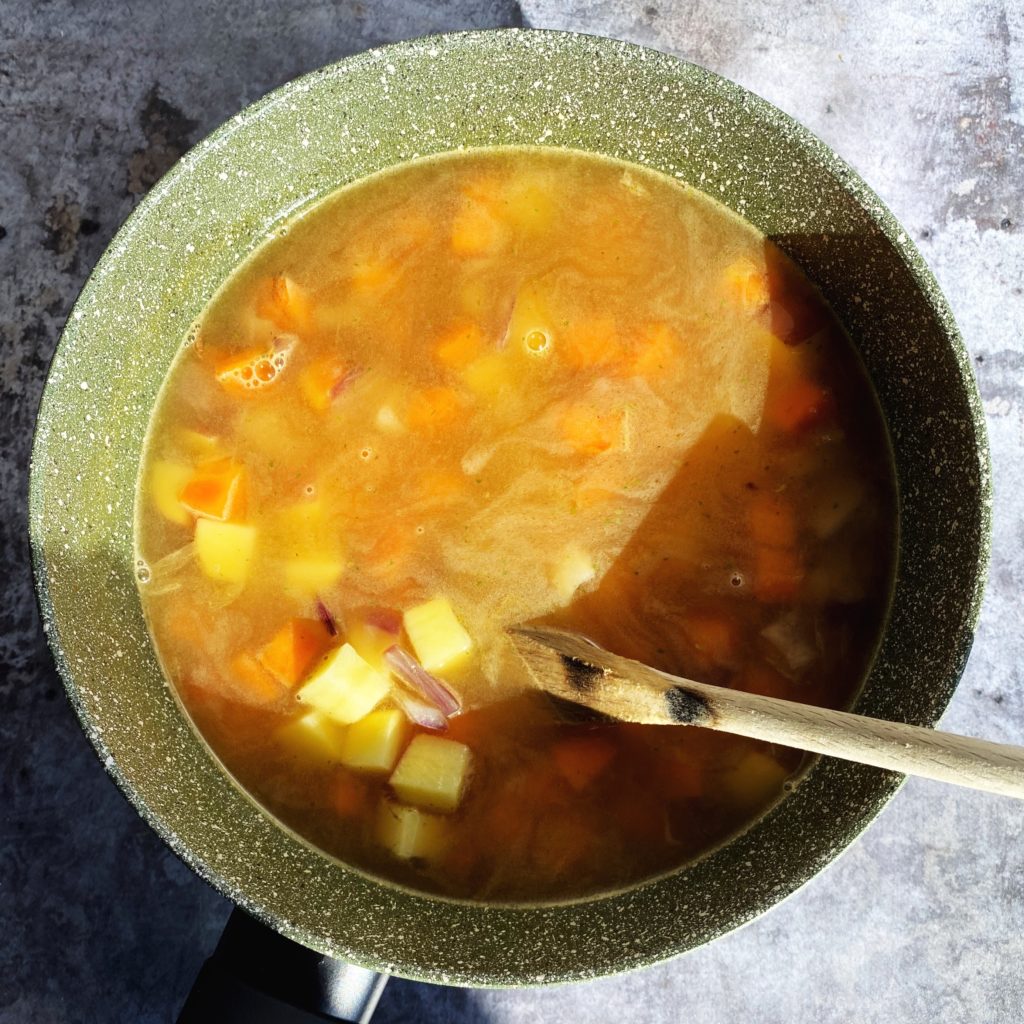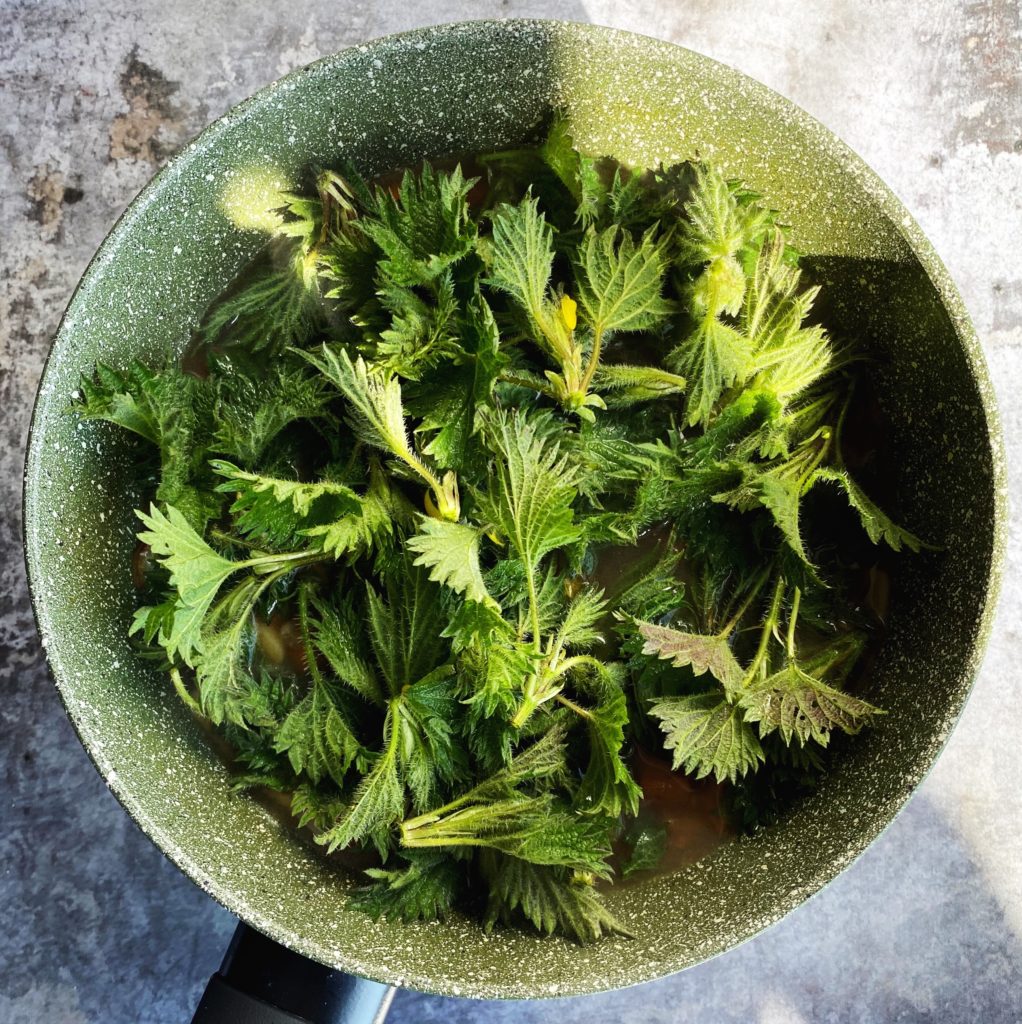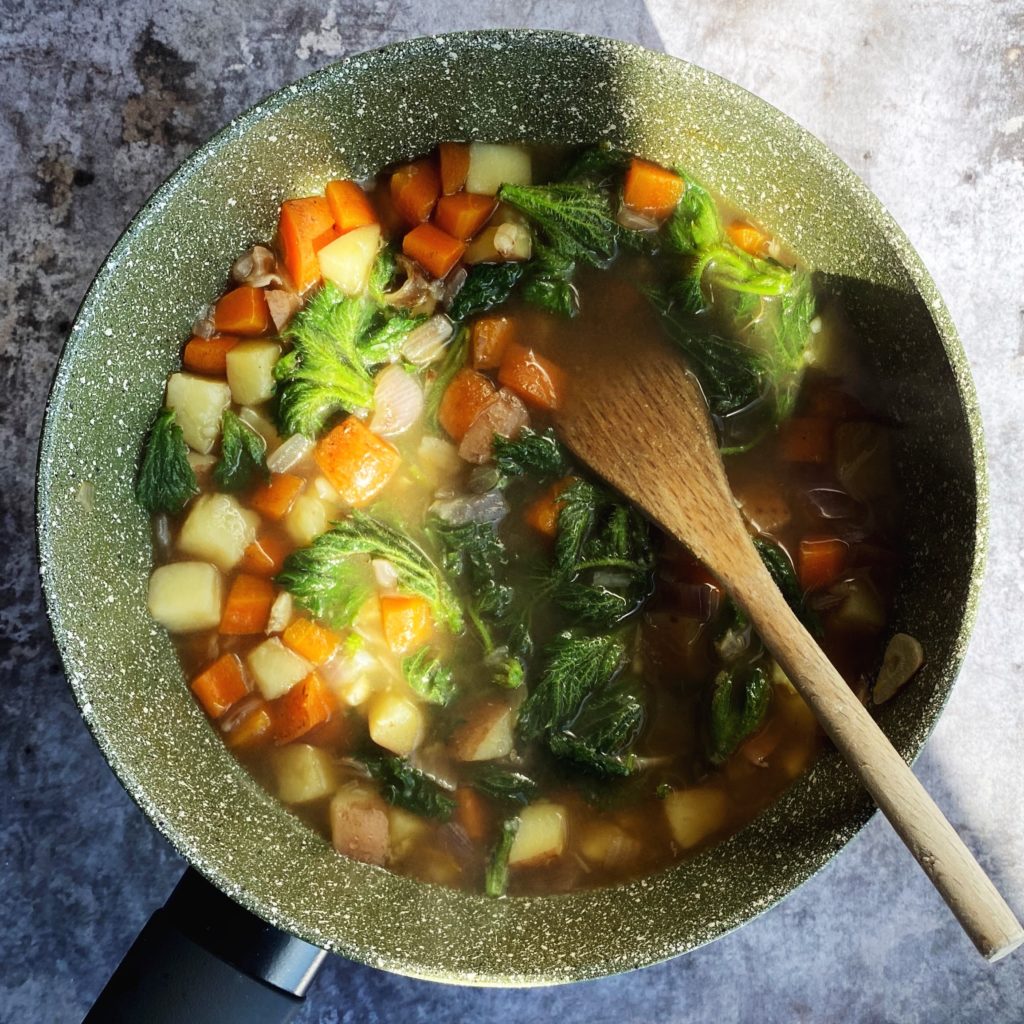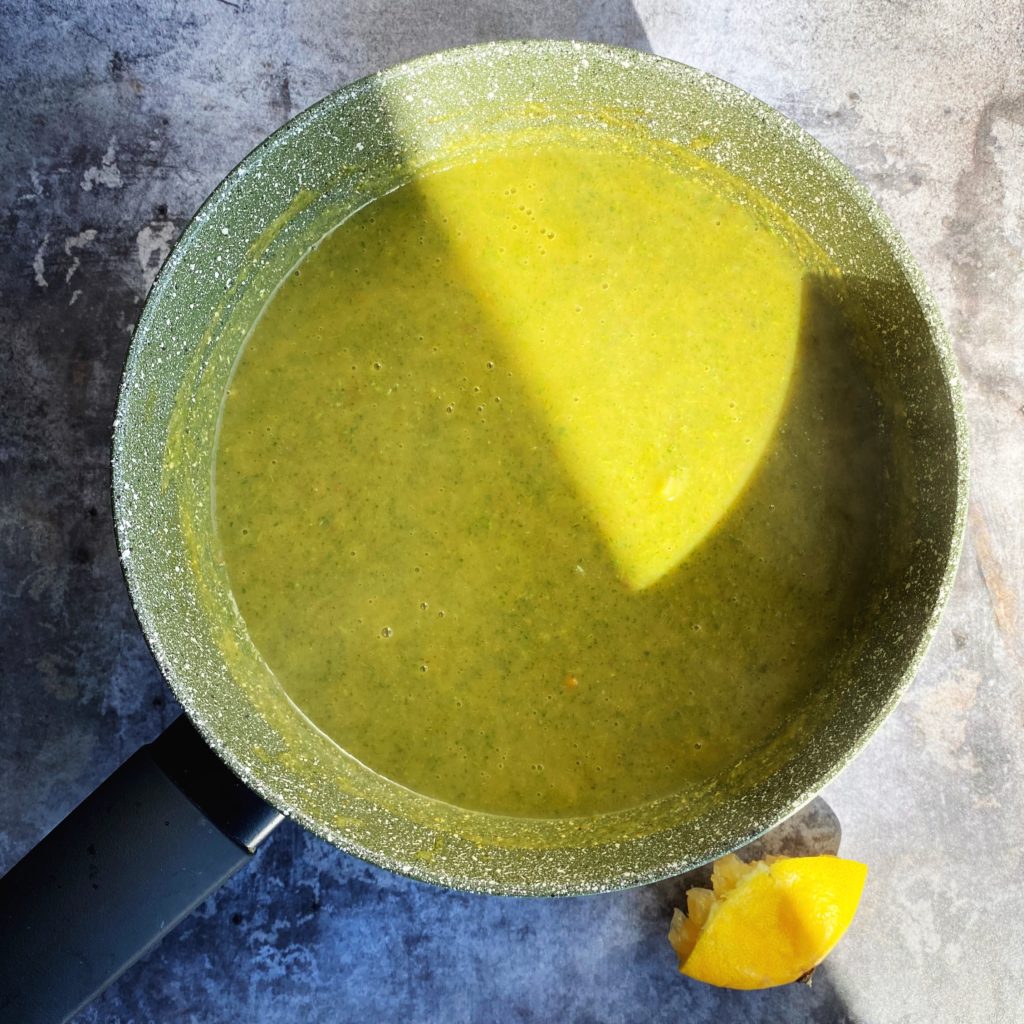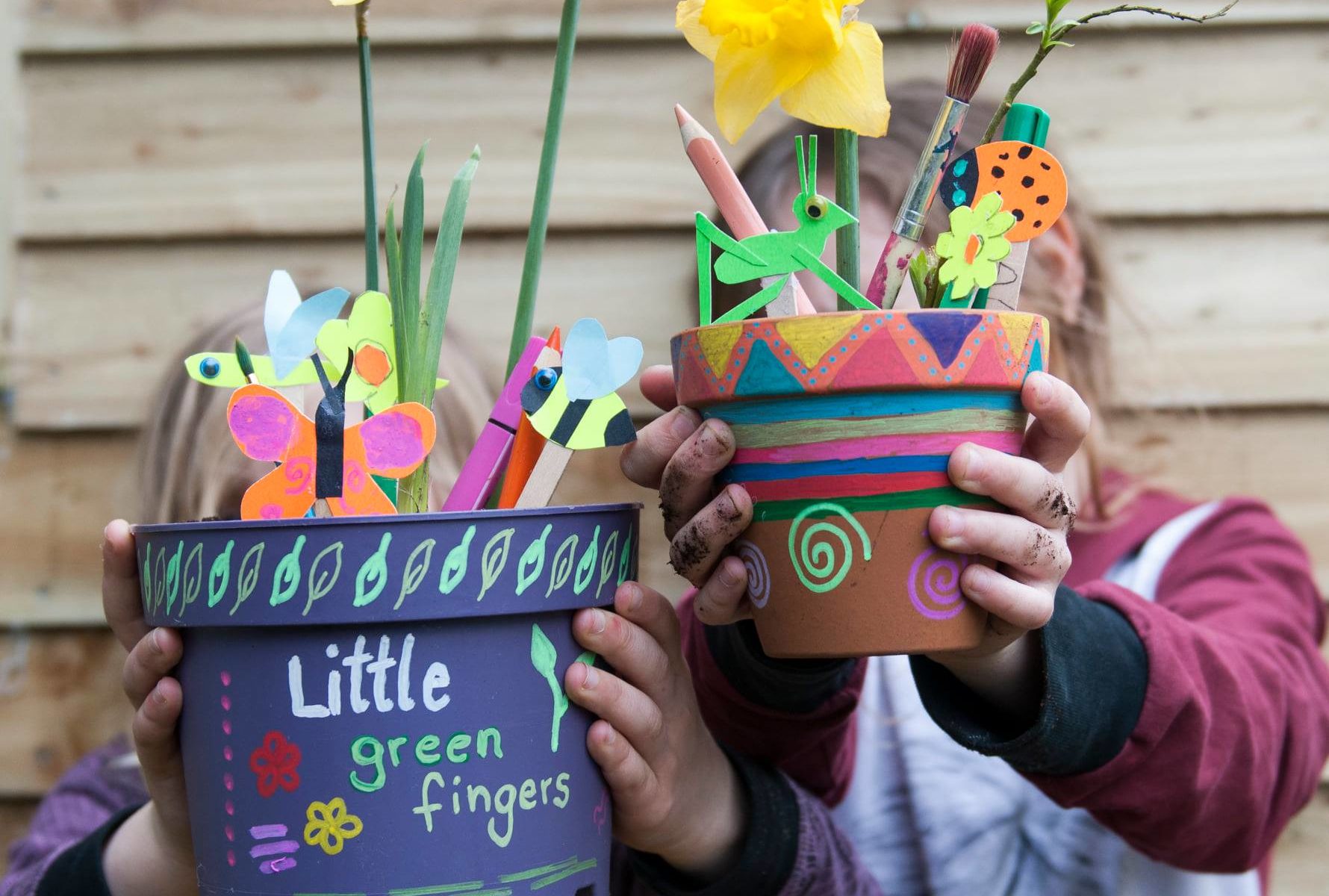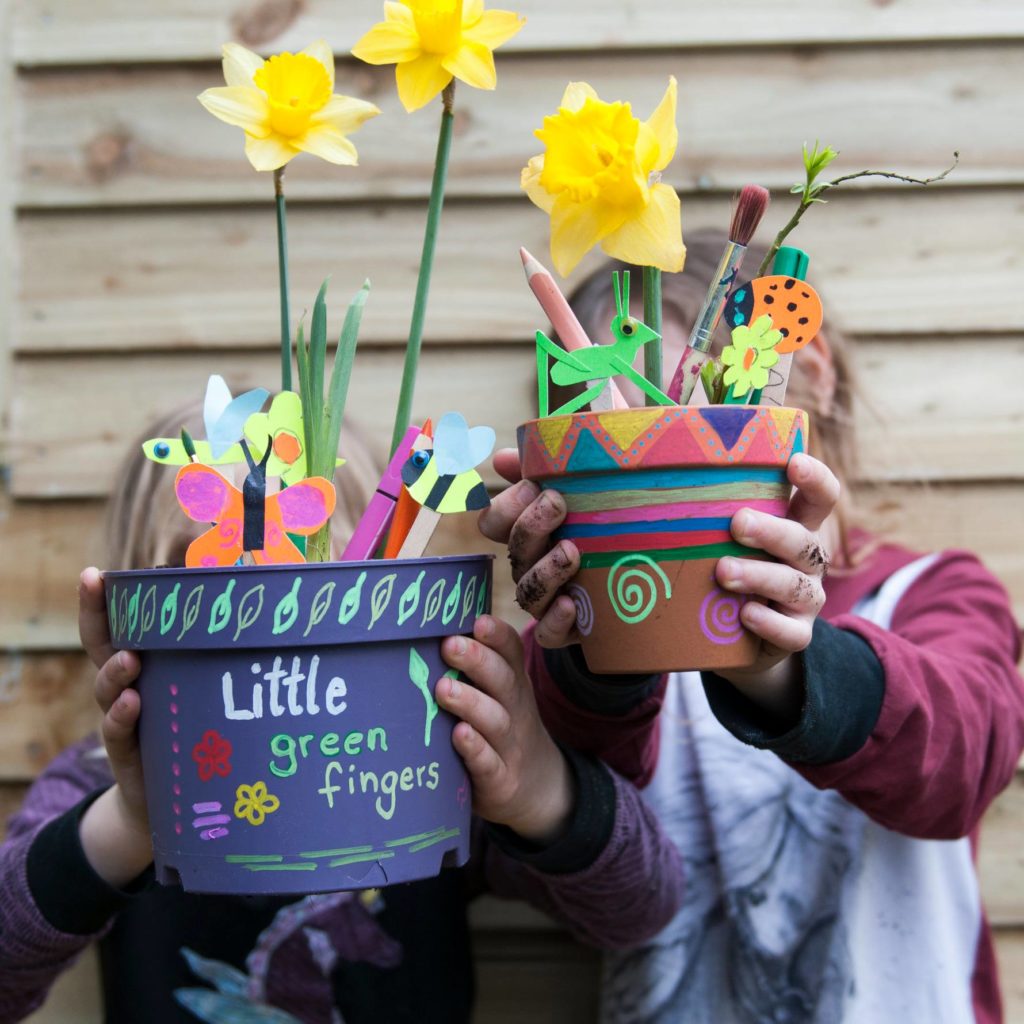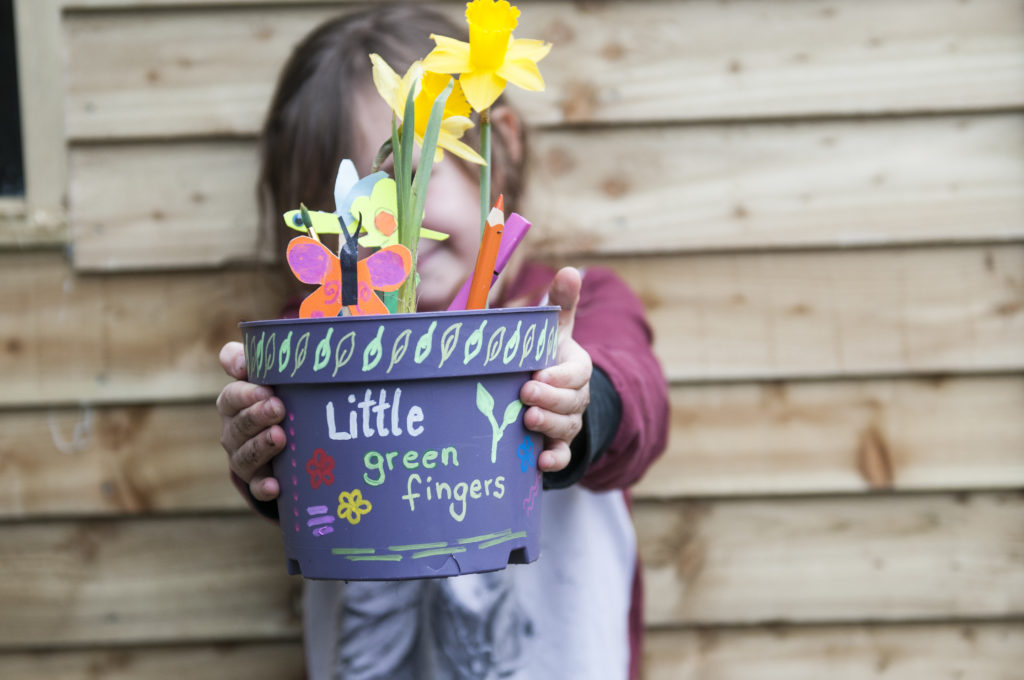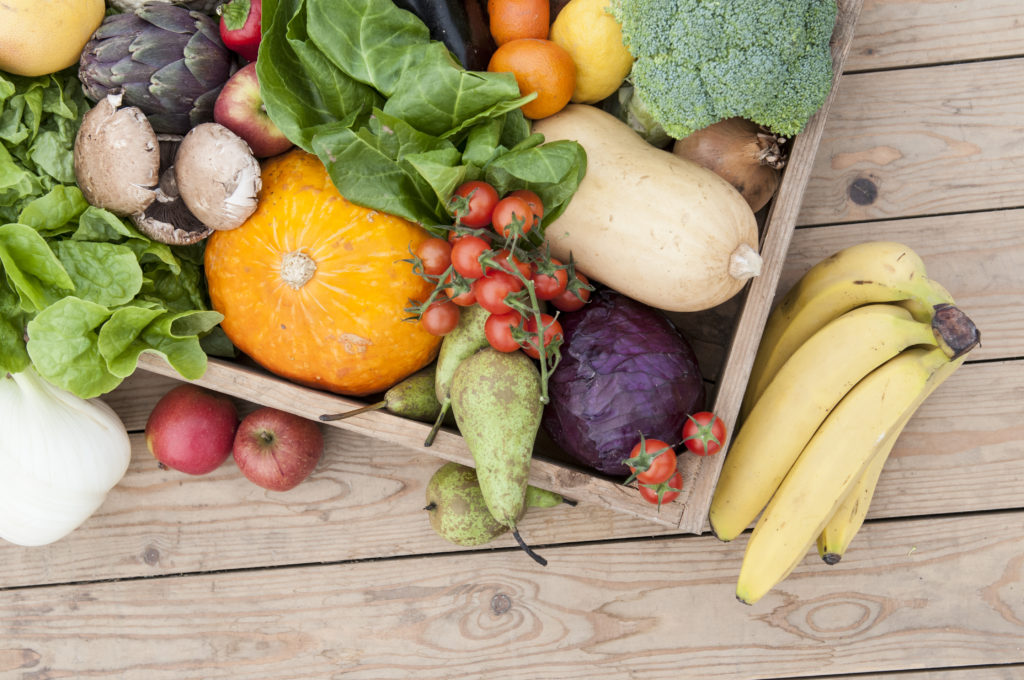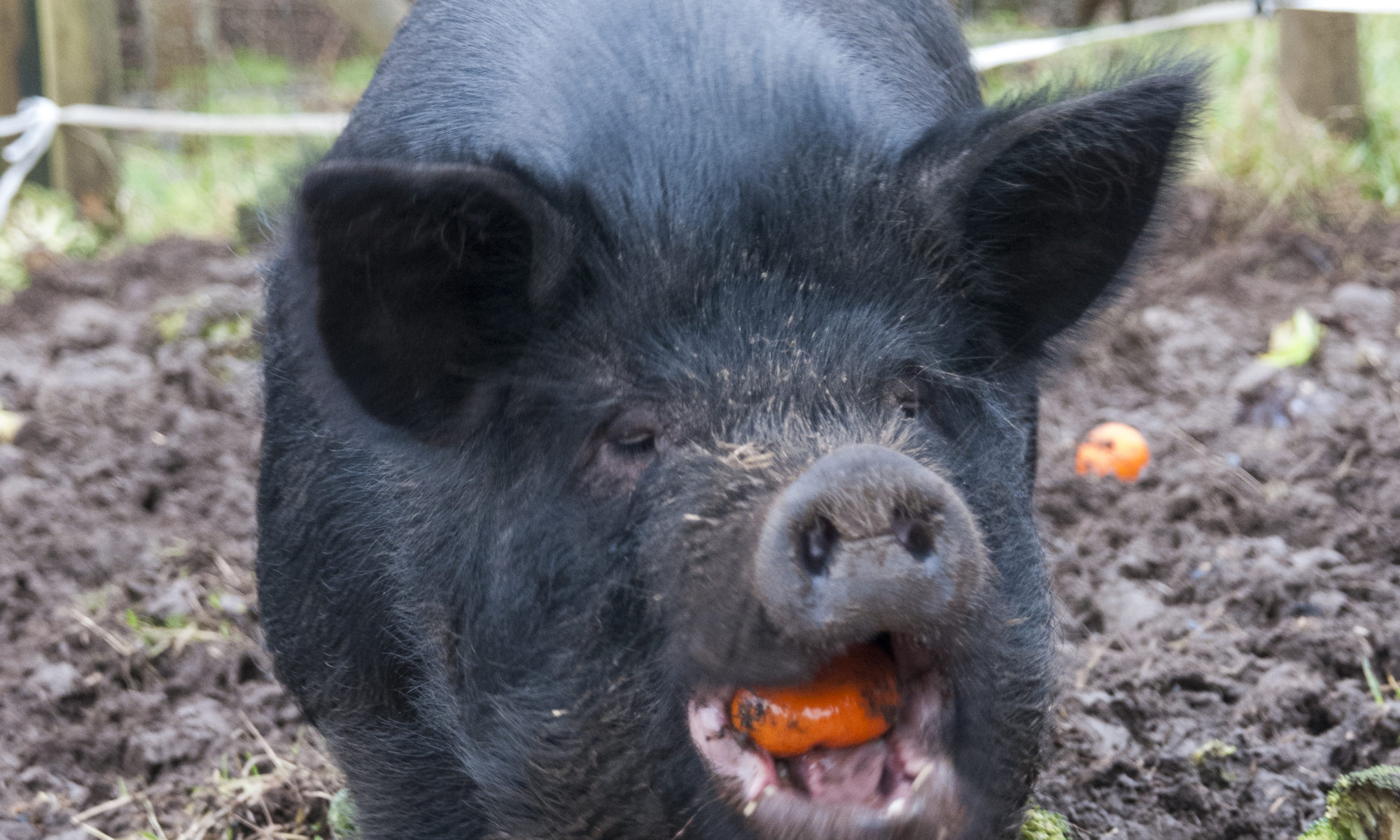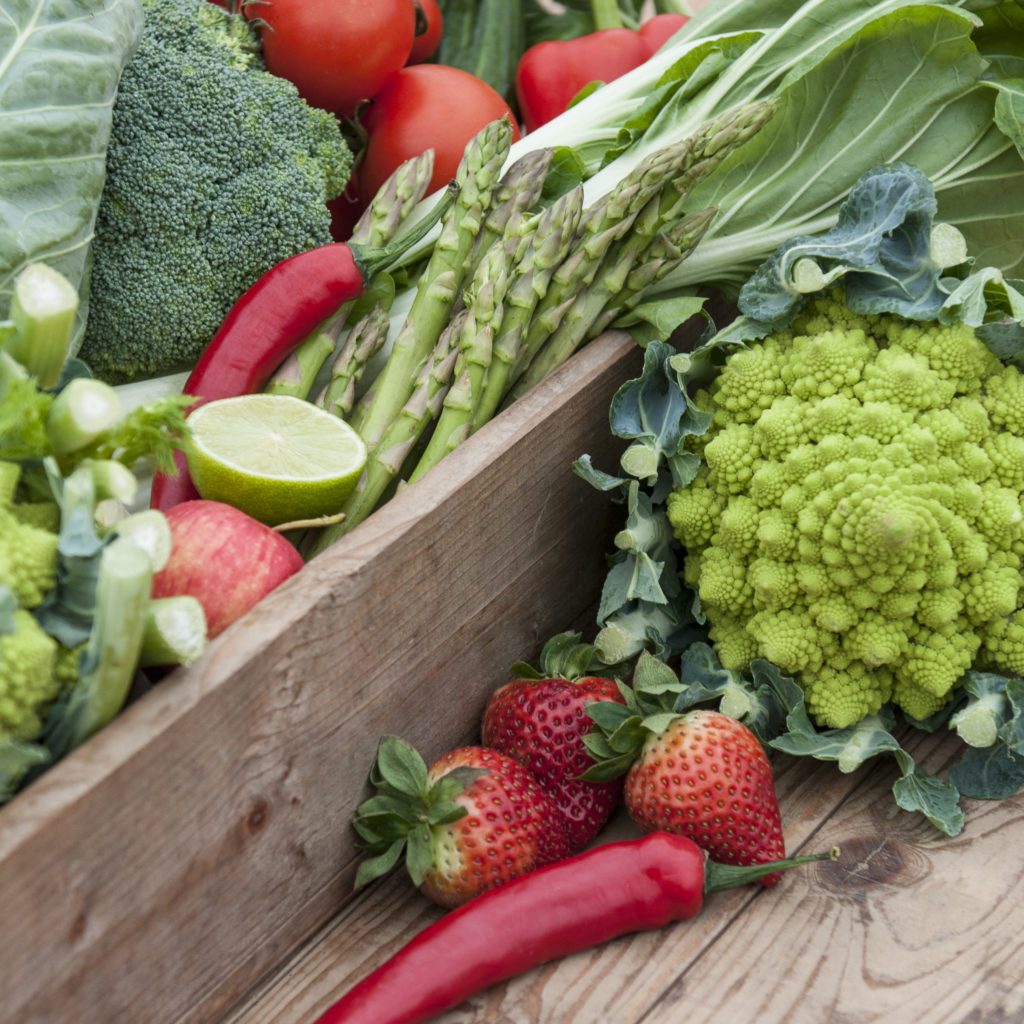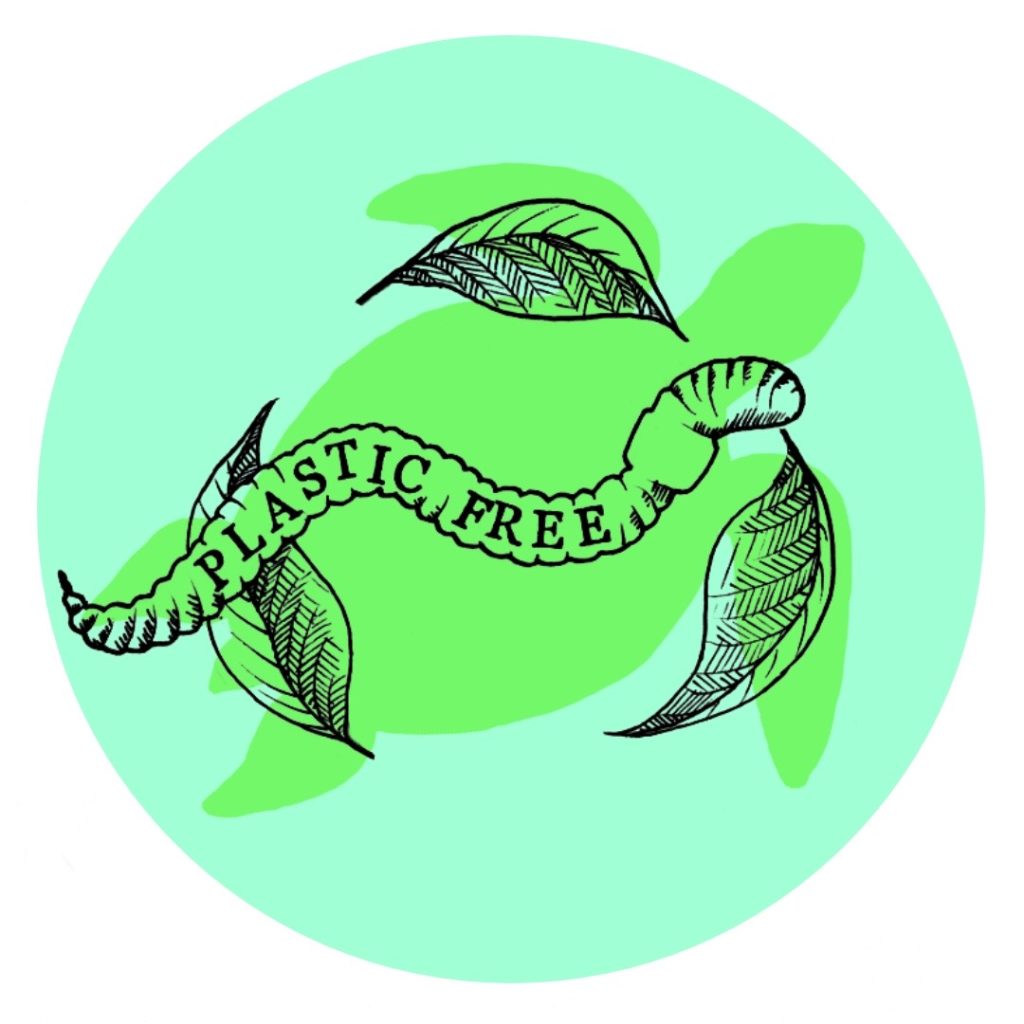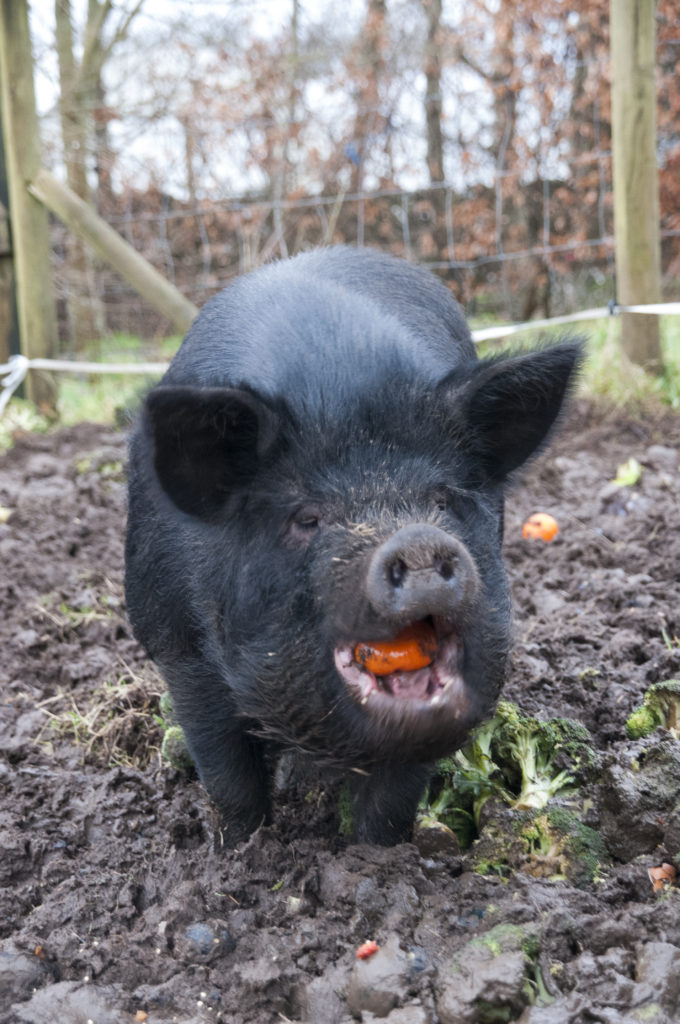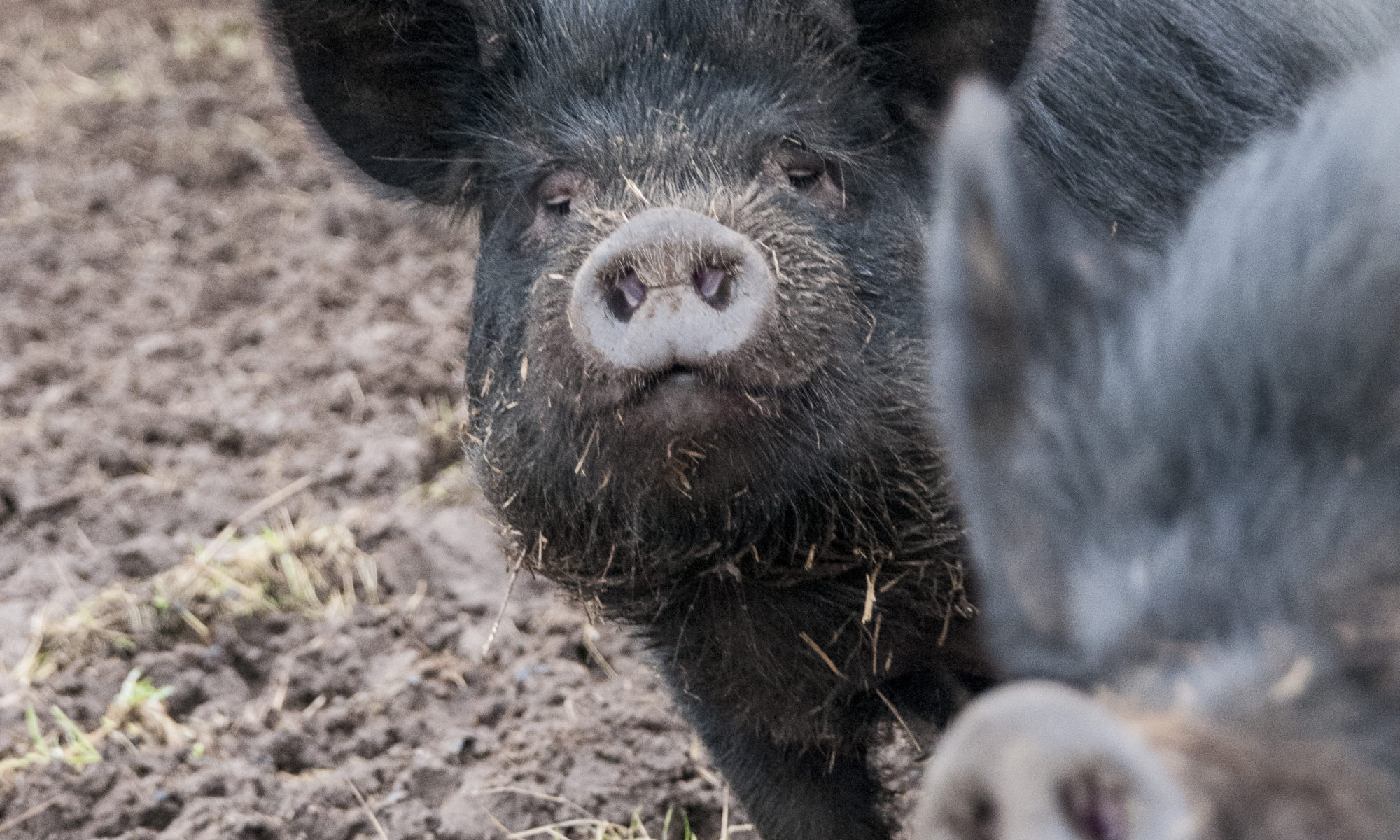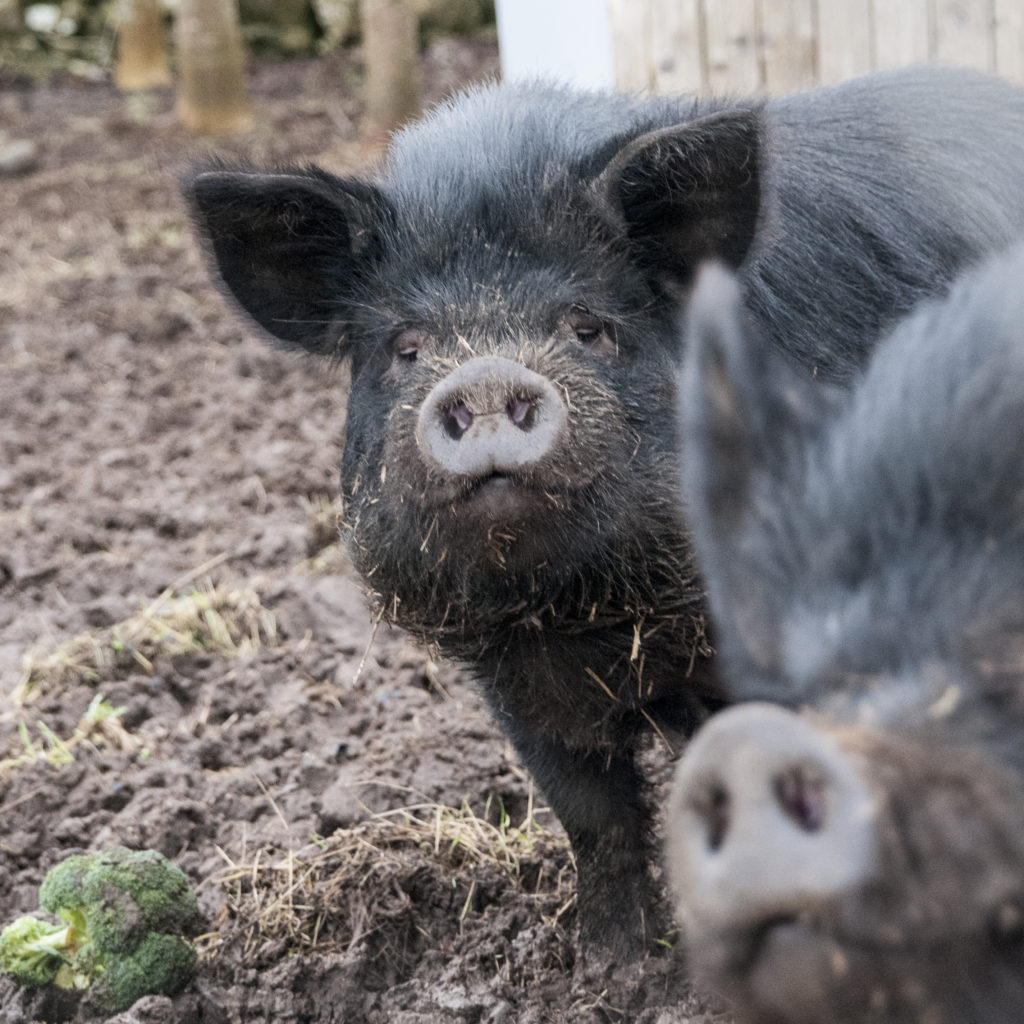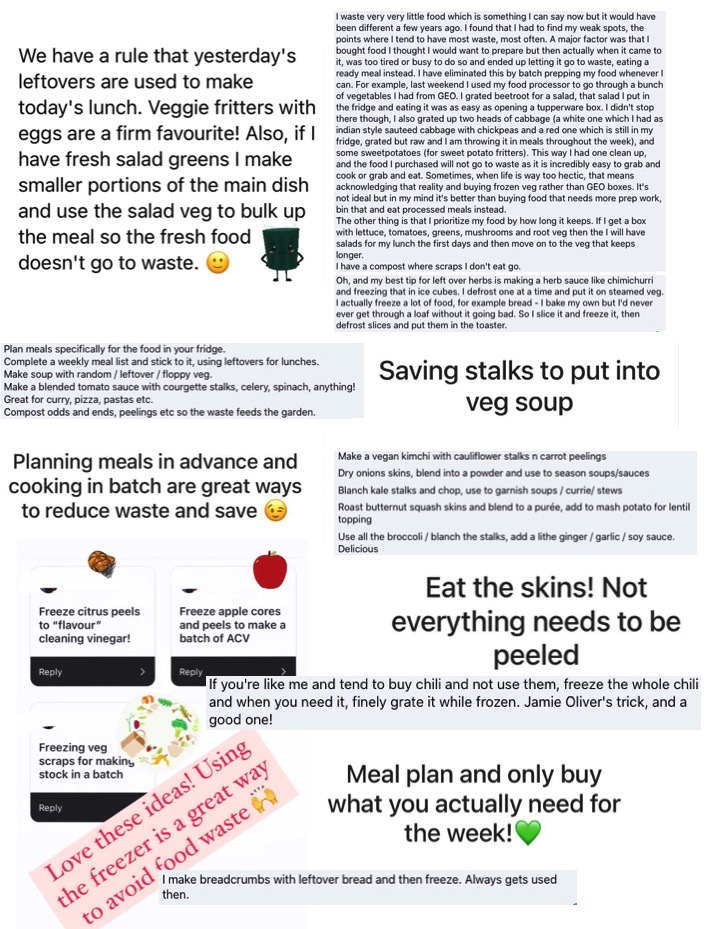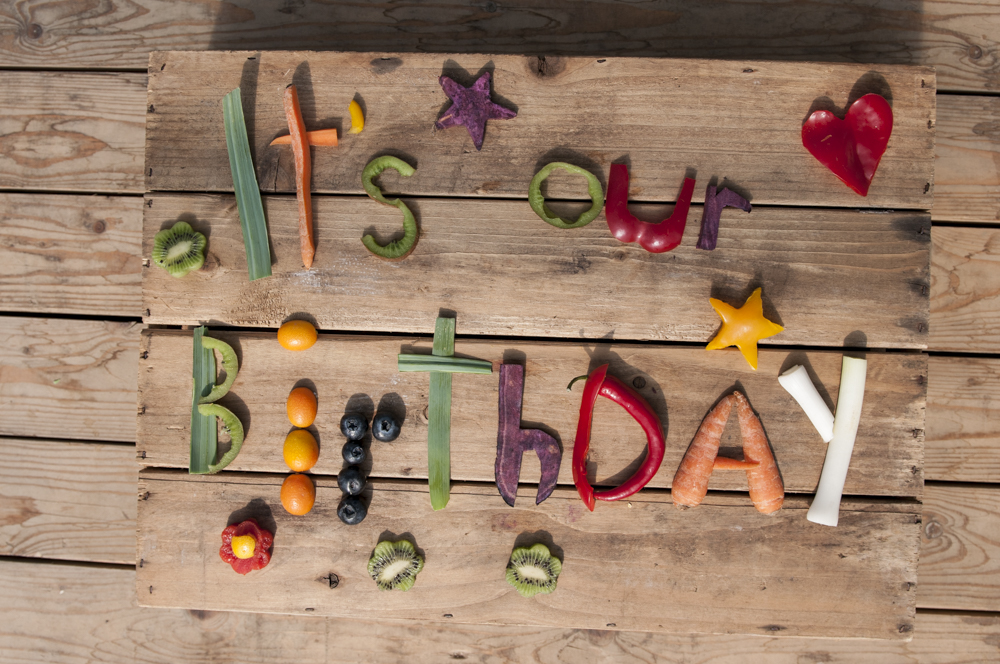
15 years ago, on the 26th of May 2006 we delivered our first thirty boxes. In truth the journey began long before that in the endless summers working with my dad in our vegetable garden.
It has been an epic journey one that has pushed us right to the edge on many occasions, but it was our founding vision for the business which never changed, and never will that got us through.
“To protect the environment and improve people’s health by inspiring people to reconnect with their food and how it is produced.”
If not for our vision we would have quit, I have little doubt of that, it was just too hard, we didn’t have the know how to grow food, we didn’t know how to run a business, we didn’t know how to deal with customers, in essence we didn’t really know what we were doing at all, but we knew WHY we were doing it!
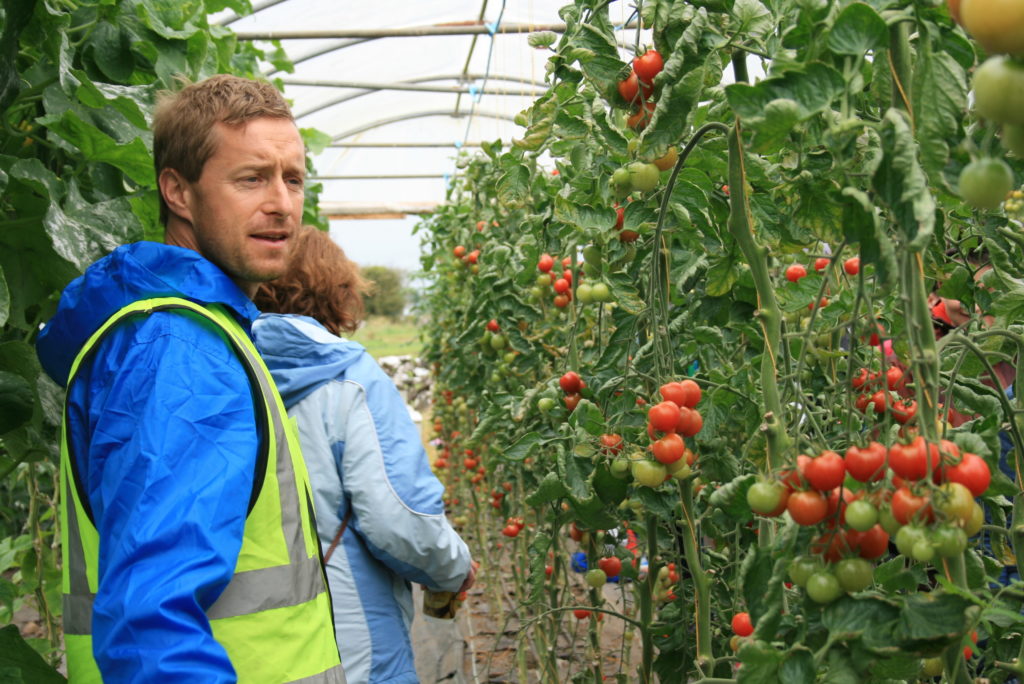
In our first year we had a visit from the local Garda to check that we were growing ‘only’ vegetables in our new ‘fancy’ polytunnel, if you know what I mean. We were told by several people that we were crazy (we were), it couldn’t be done (it could), that you had to use Roundup (you didn’t), that it would be so hard (it was, still is) that we would be better off going back to our jobs (we never considered it and we had very good jobs!).
At the same time, it was the encouragement of our friends and family and our early team members that pulled us through on the dark days, and made the bright days seems all the brighter. My Dad helped us so much, he never said no, was always there, he entrusted us with his dad’s farm.
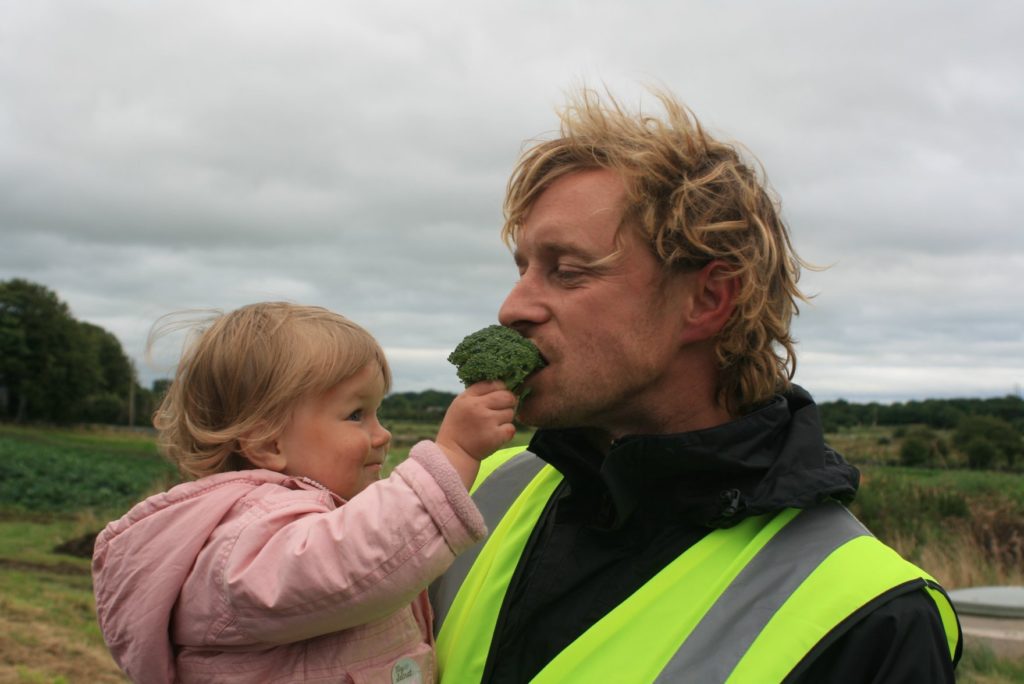
In the early days Jenny and I and my dad did it all, we packed, we farmed, we harvested, we delivered, we raised a family, we build a house we went through some pretty intense and harrowing times. We seem to have survived a major recession and year on year growth and here we are today 15 years later, who would have thought?
Now our team has grown there are nearly 40 individuals supported by our business.
In the early days many decisions were taken without due consideration or analysis, there simply wasn’t the time or the resource for it, it was a go with your gut feeling, take a chance, plant a new crop, take on a failed business, build a new packing shed, invest in solar panels and rain-watering harvesting, expand our farm, add new employees, just do it.
But always there was the idea that we were doing this for a bigger cause, something that was so much bigger than any of us, something that was worth going through the pain for.
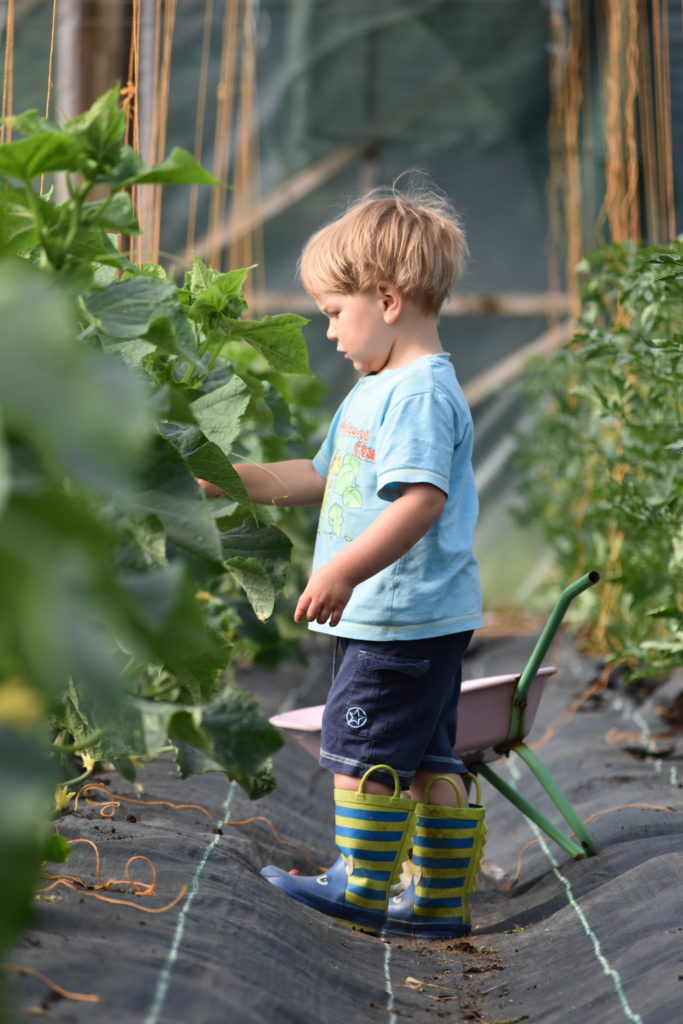
Now it is you, our customers, you are our supporters now. You supported us when we needed it most, you support us now, you are contributing to our continued success, you are contributing to so much more, because in the end you are supporting our vision. Which I guess is also your vision and we need you, and the planet needs you more than ever before.
The reality is you can make a difference, your decisions do make a difference, your voice can change the world, your support allows us to continue doing all the things we do, so THANK YOU SO, SO MUCH, we couldn’t have done it without you, and we look forward to another fantastic 15 years!
Kenneth
